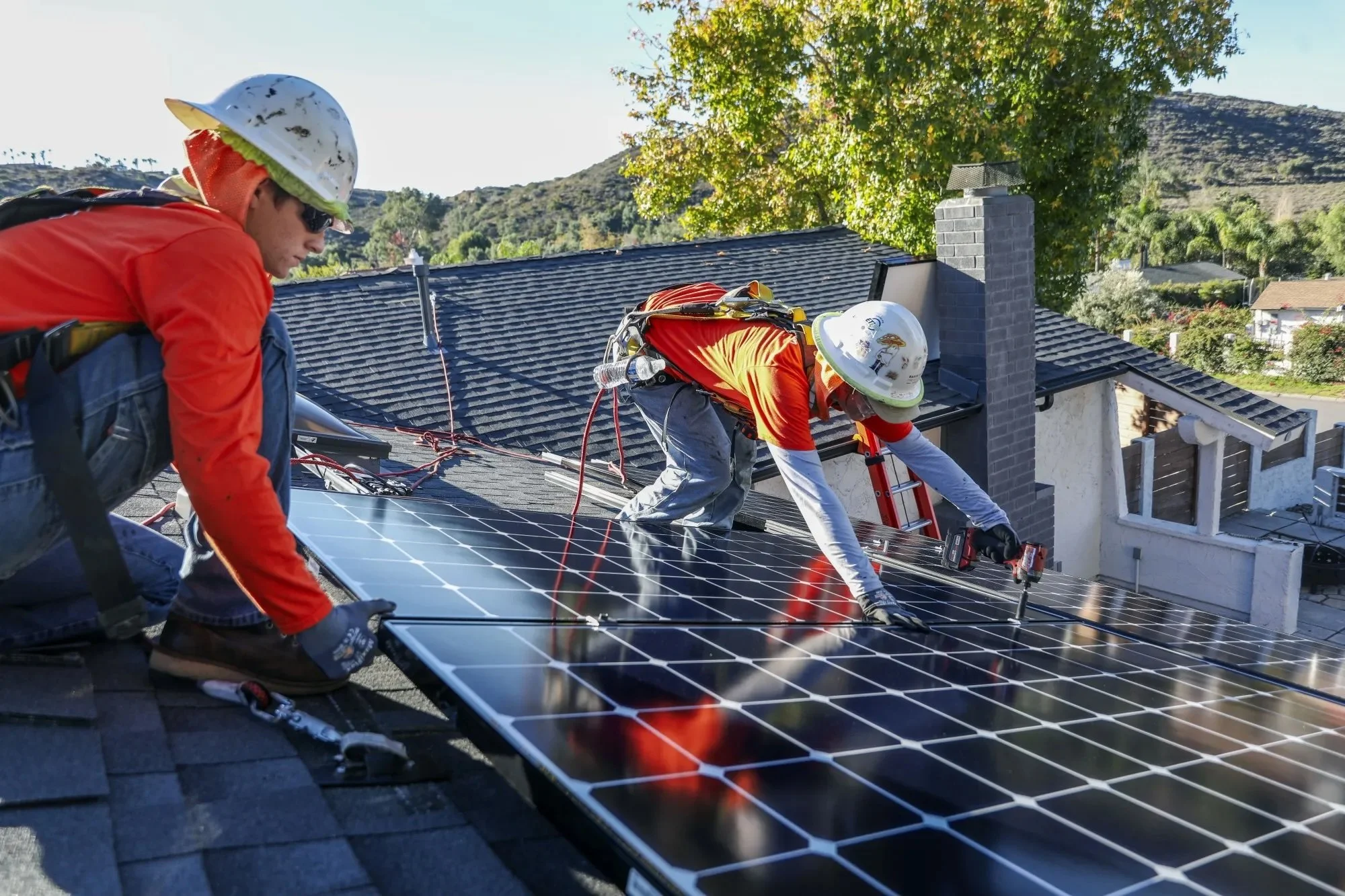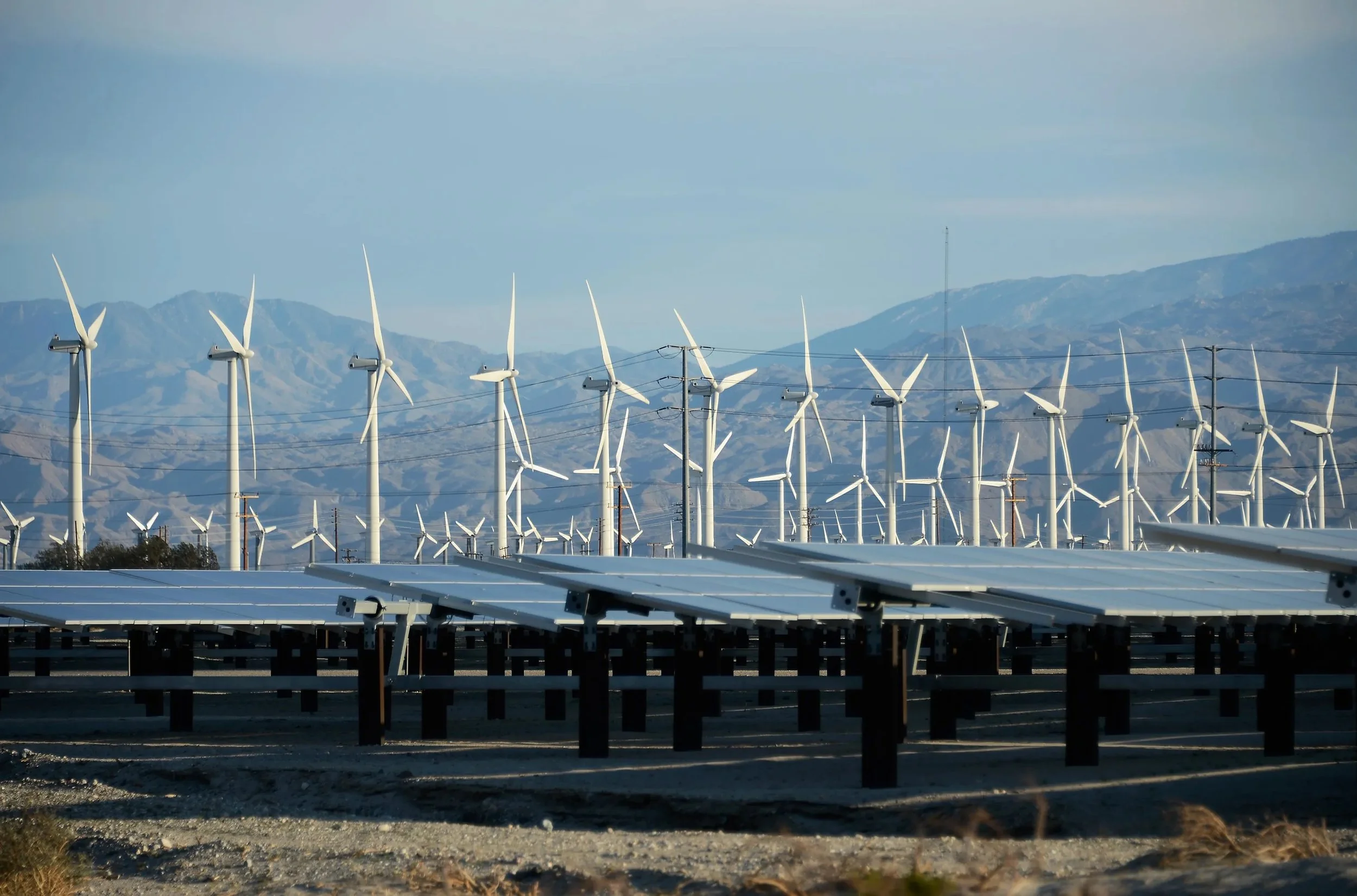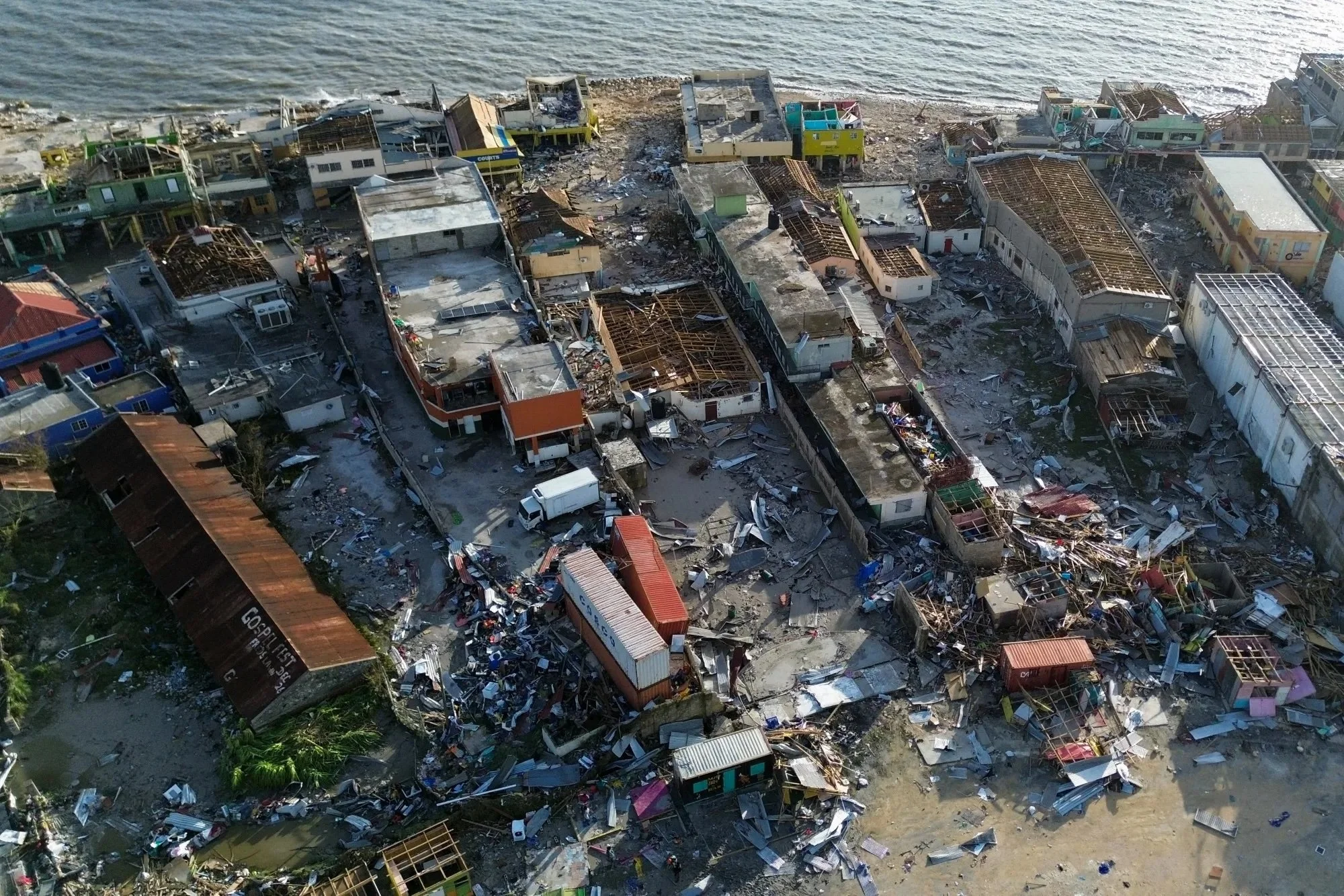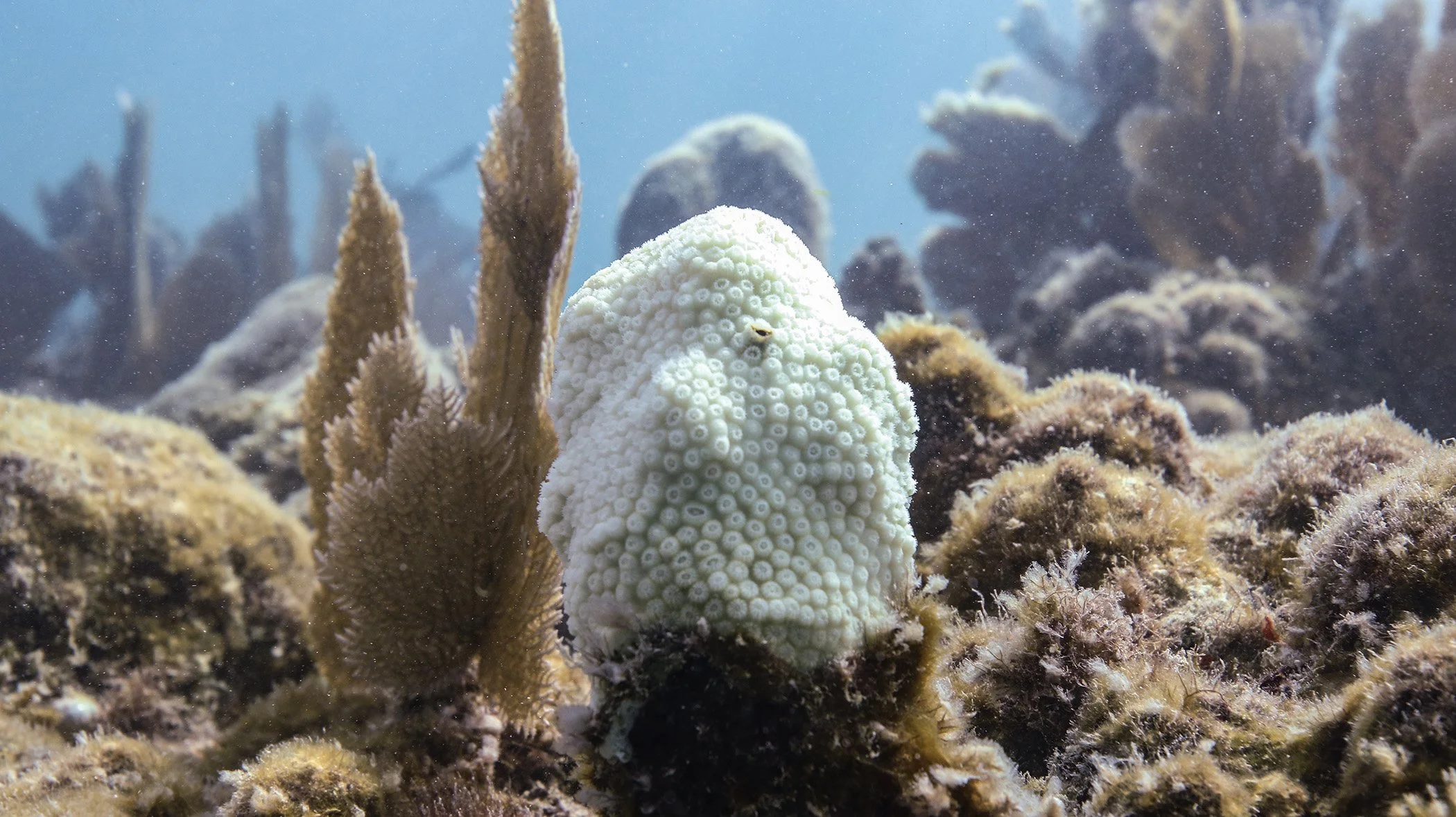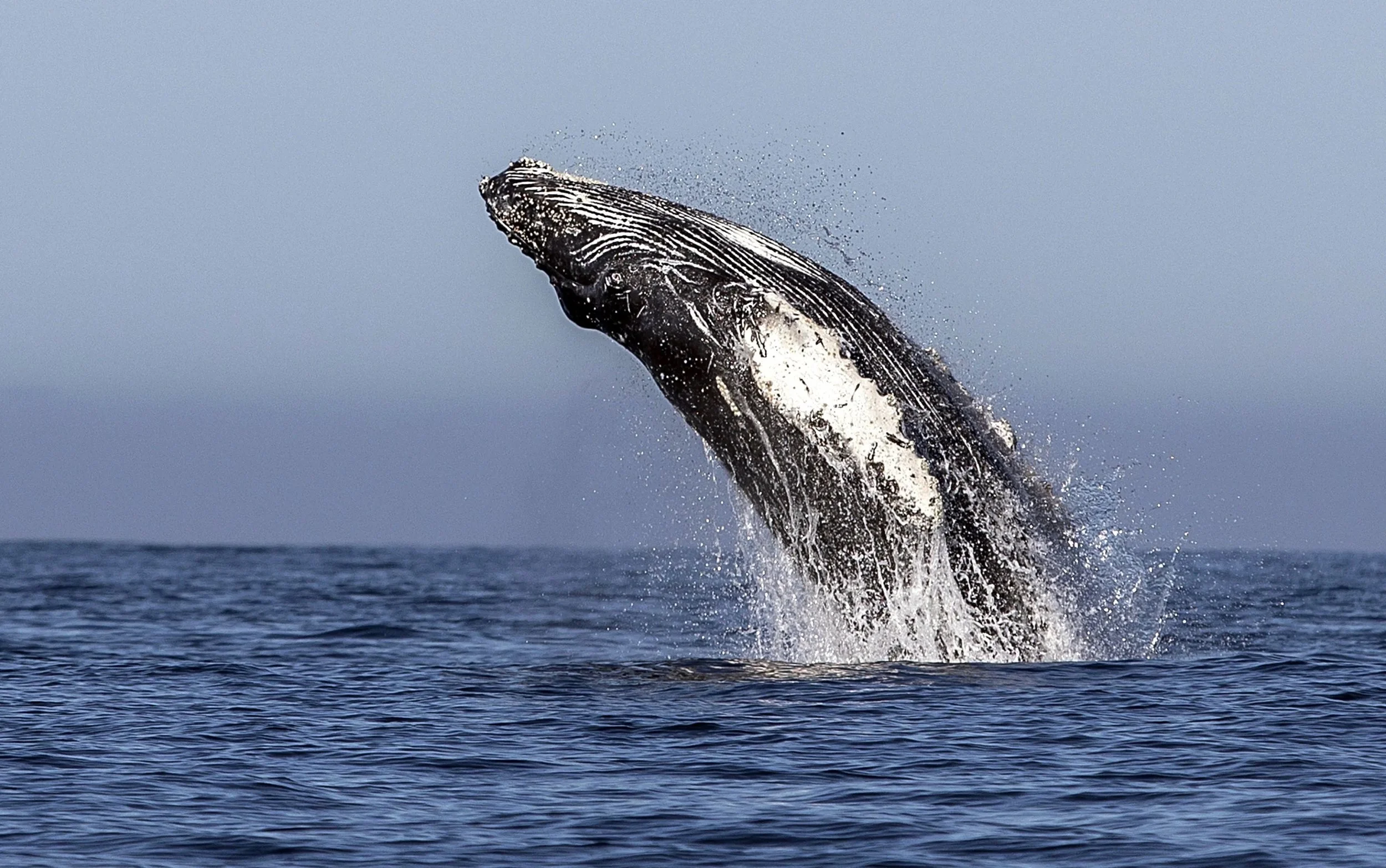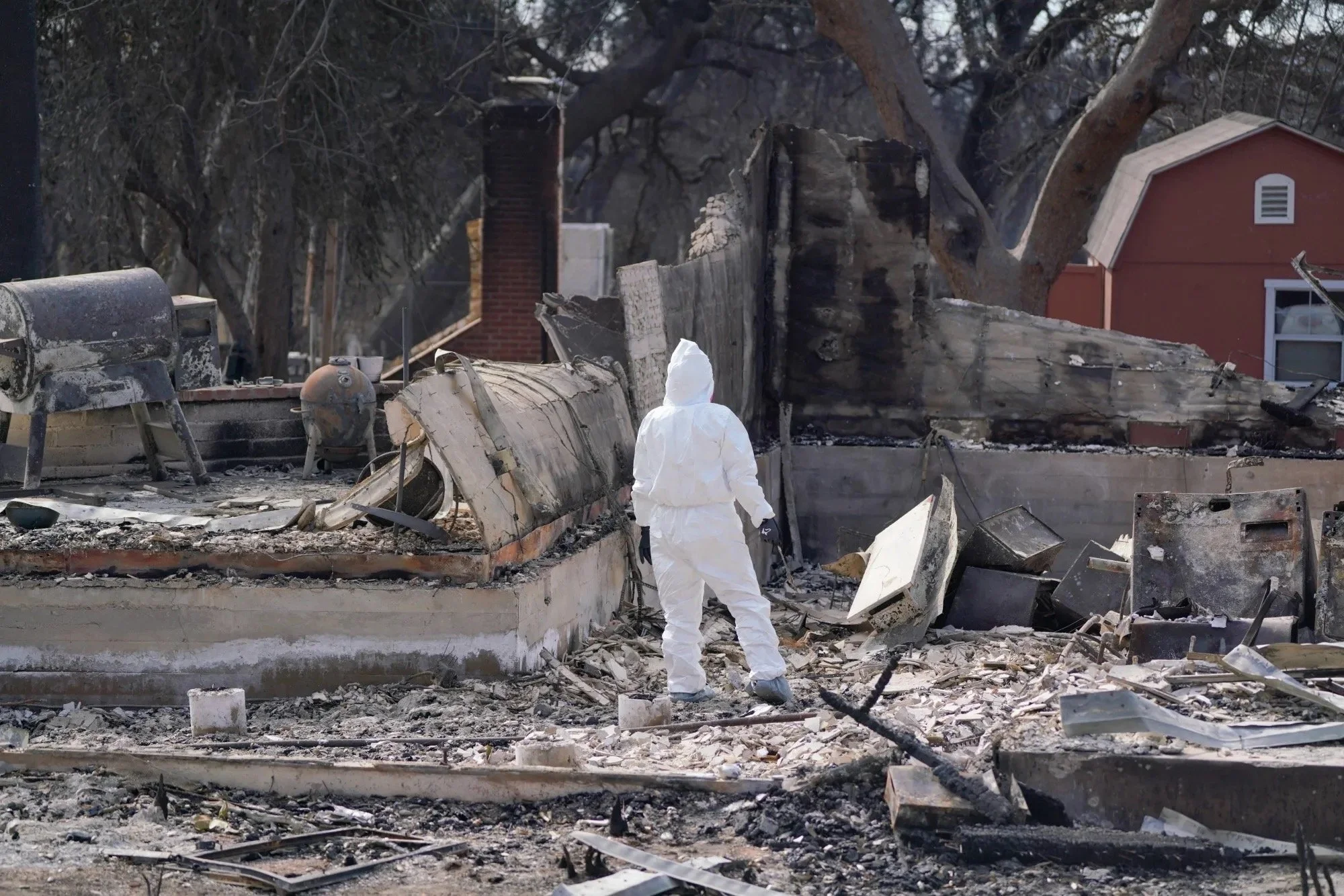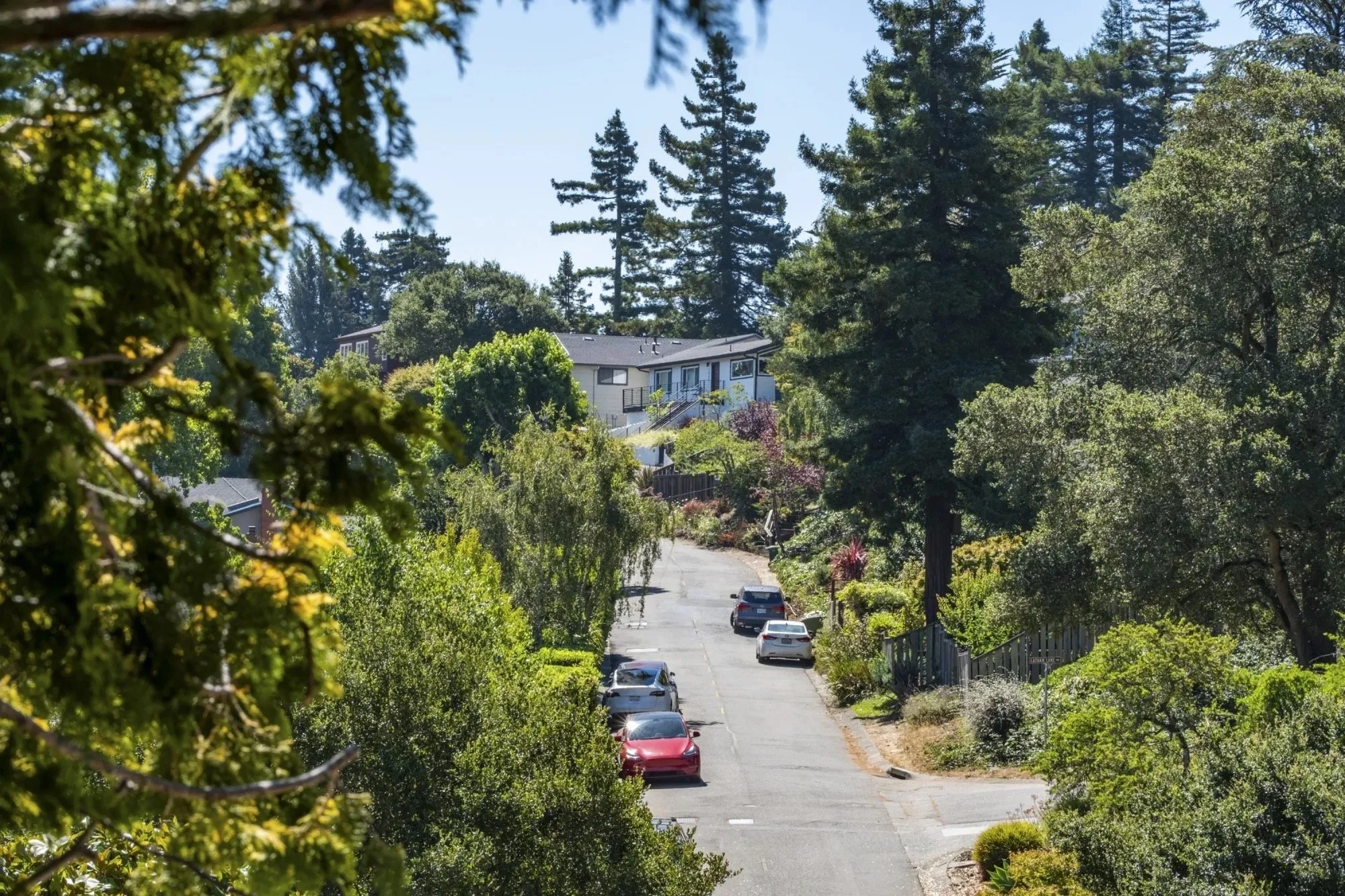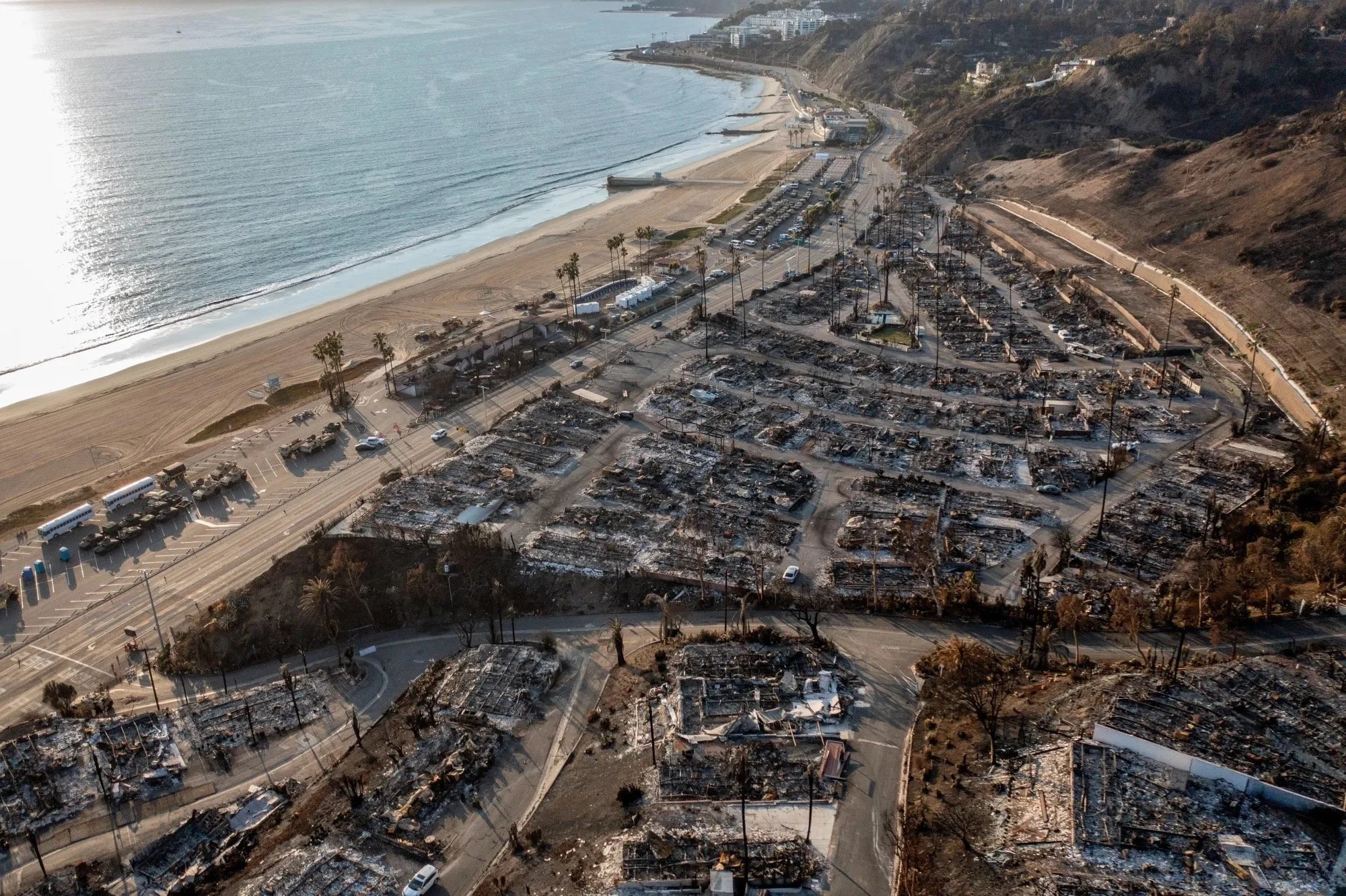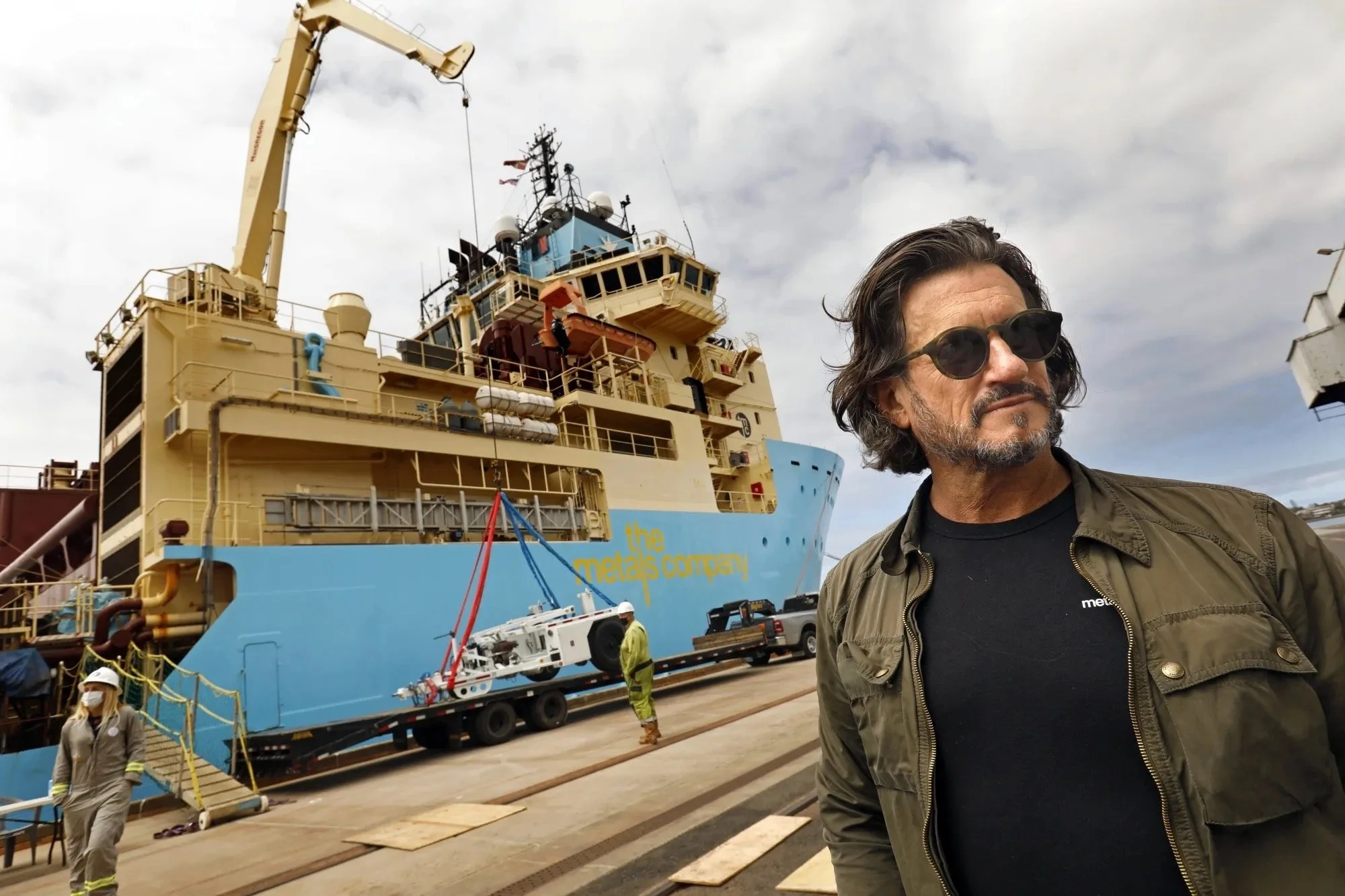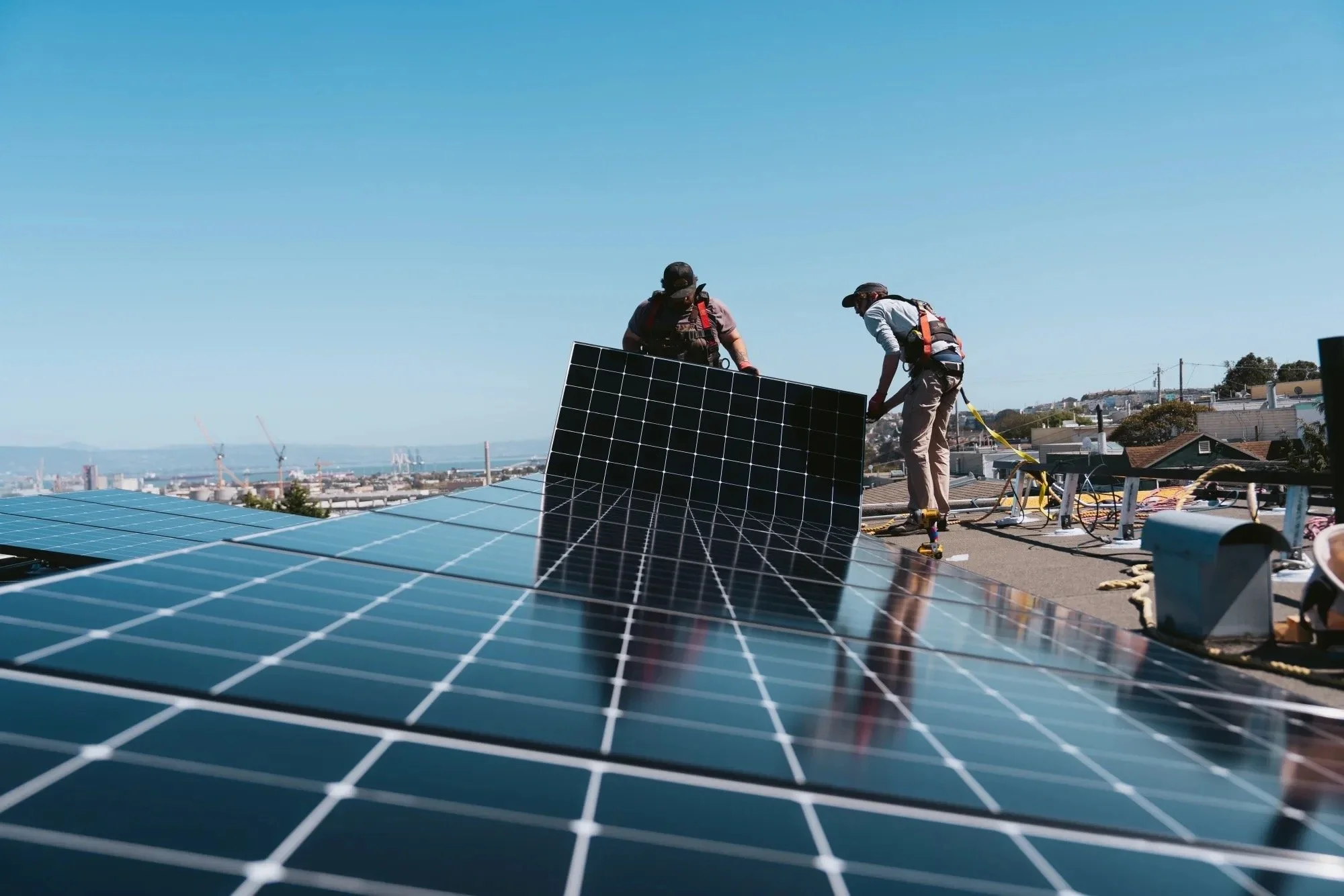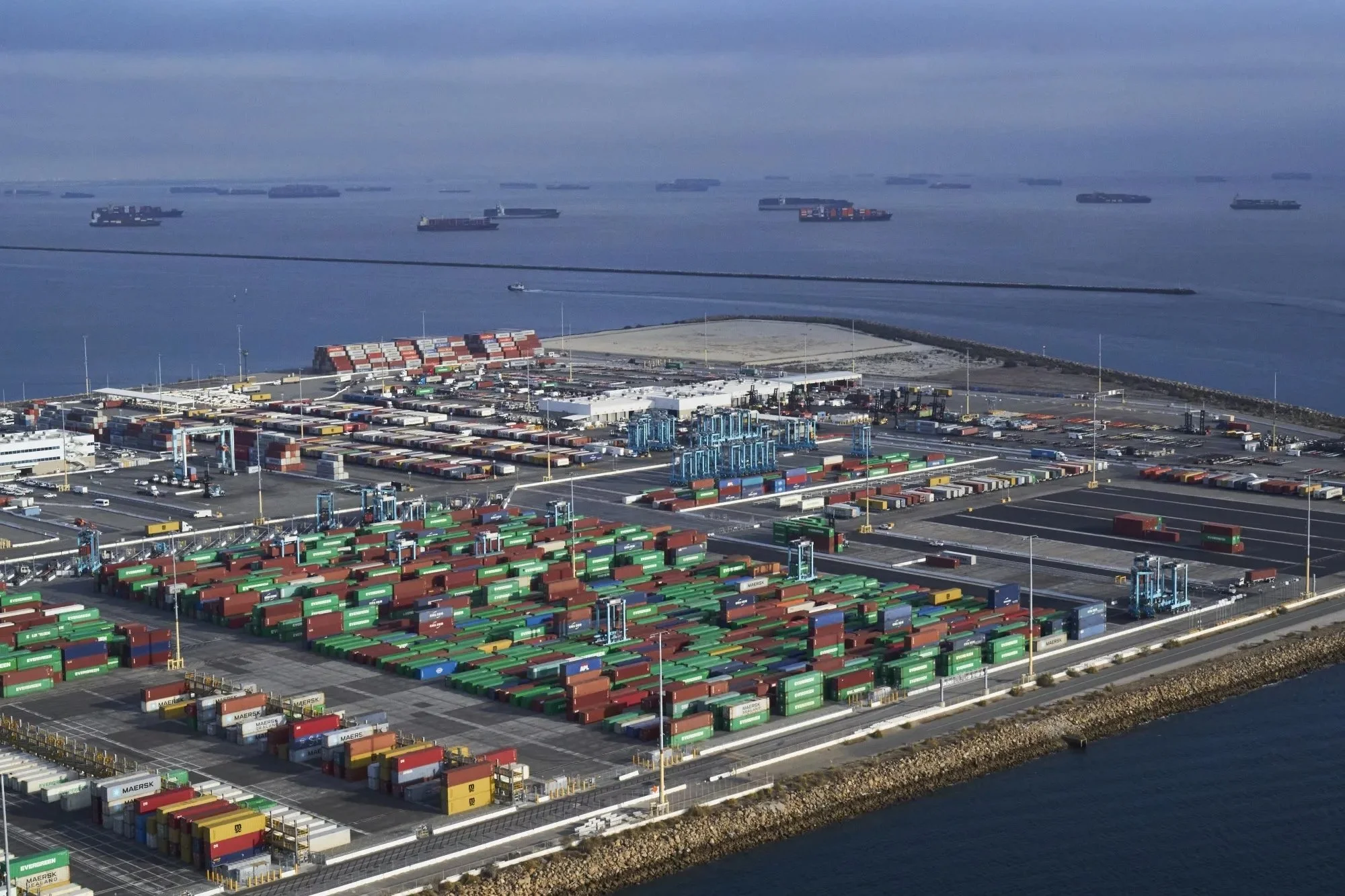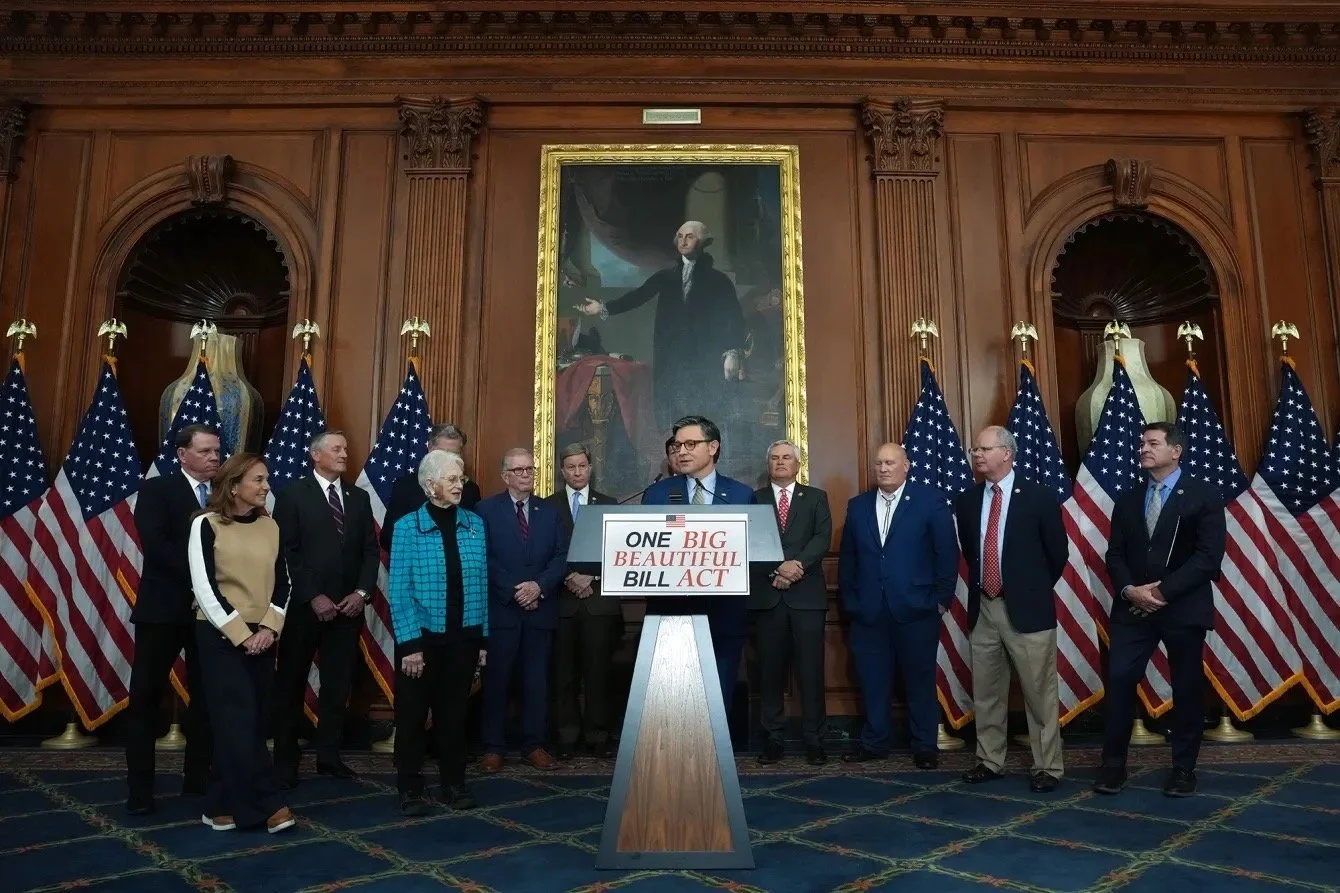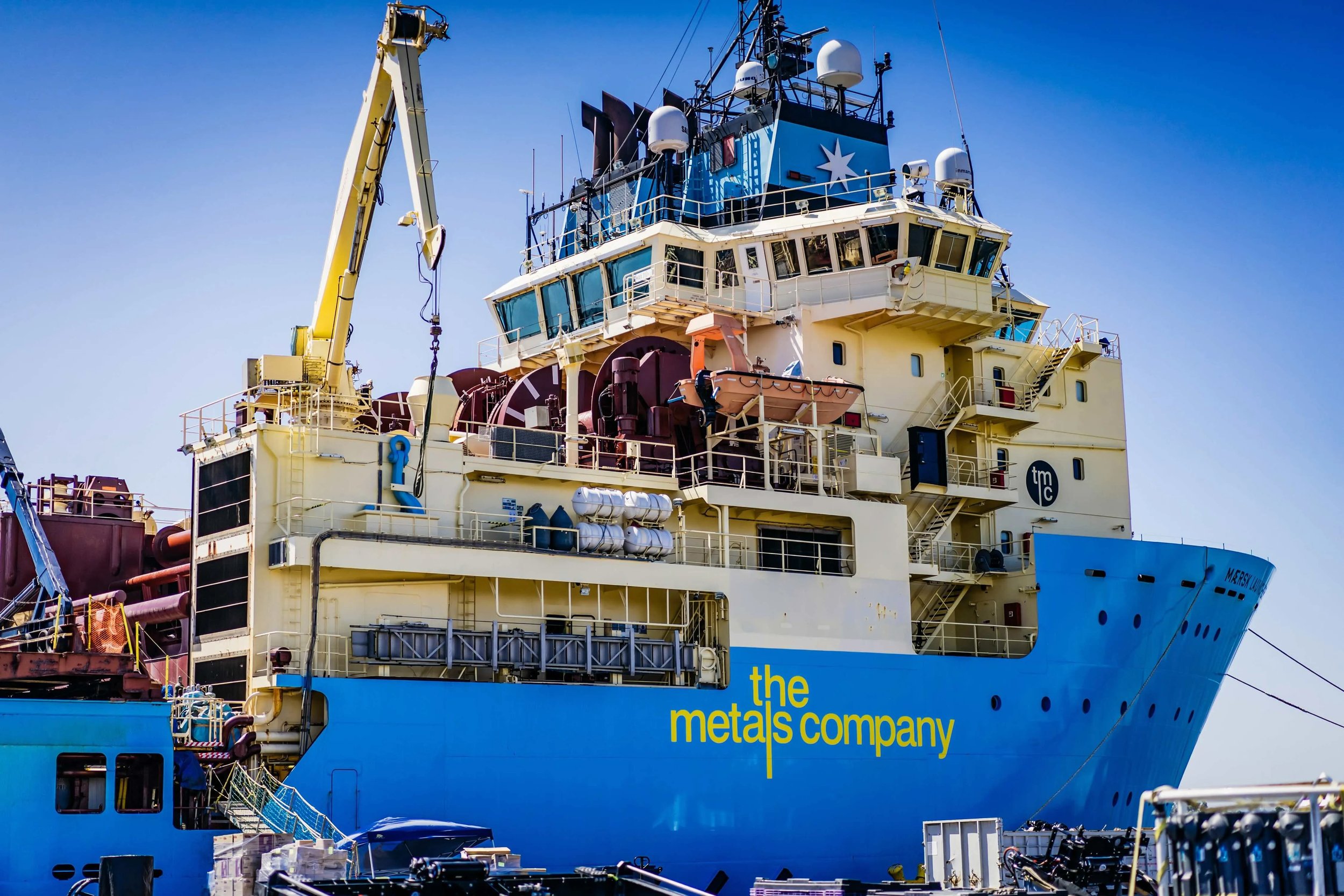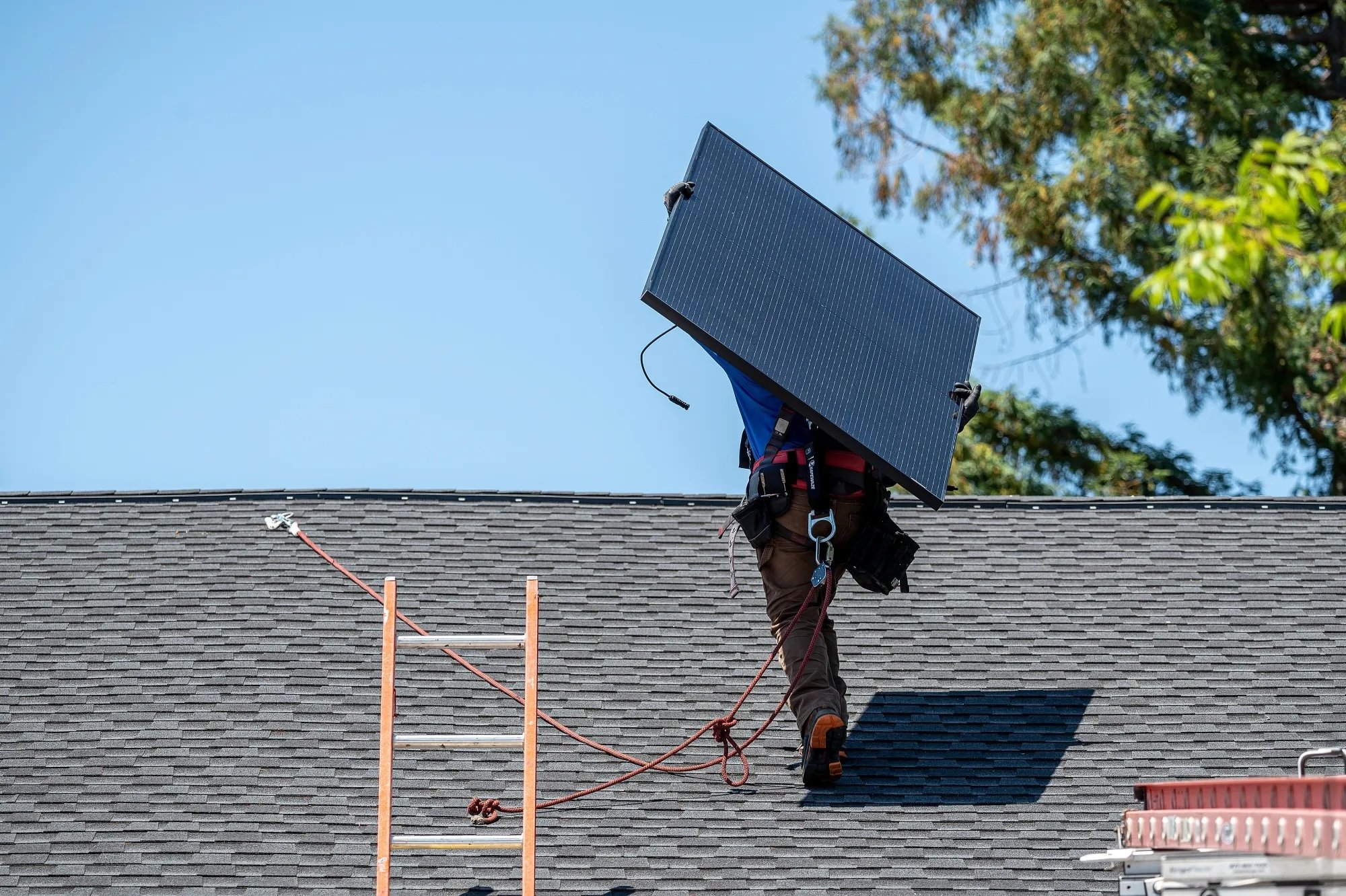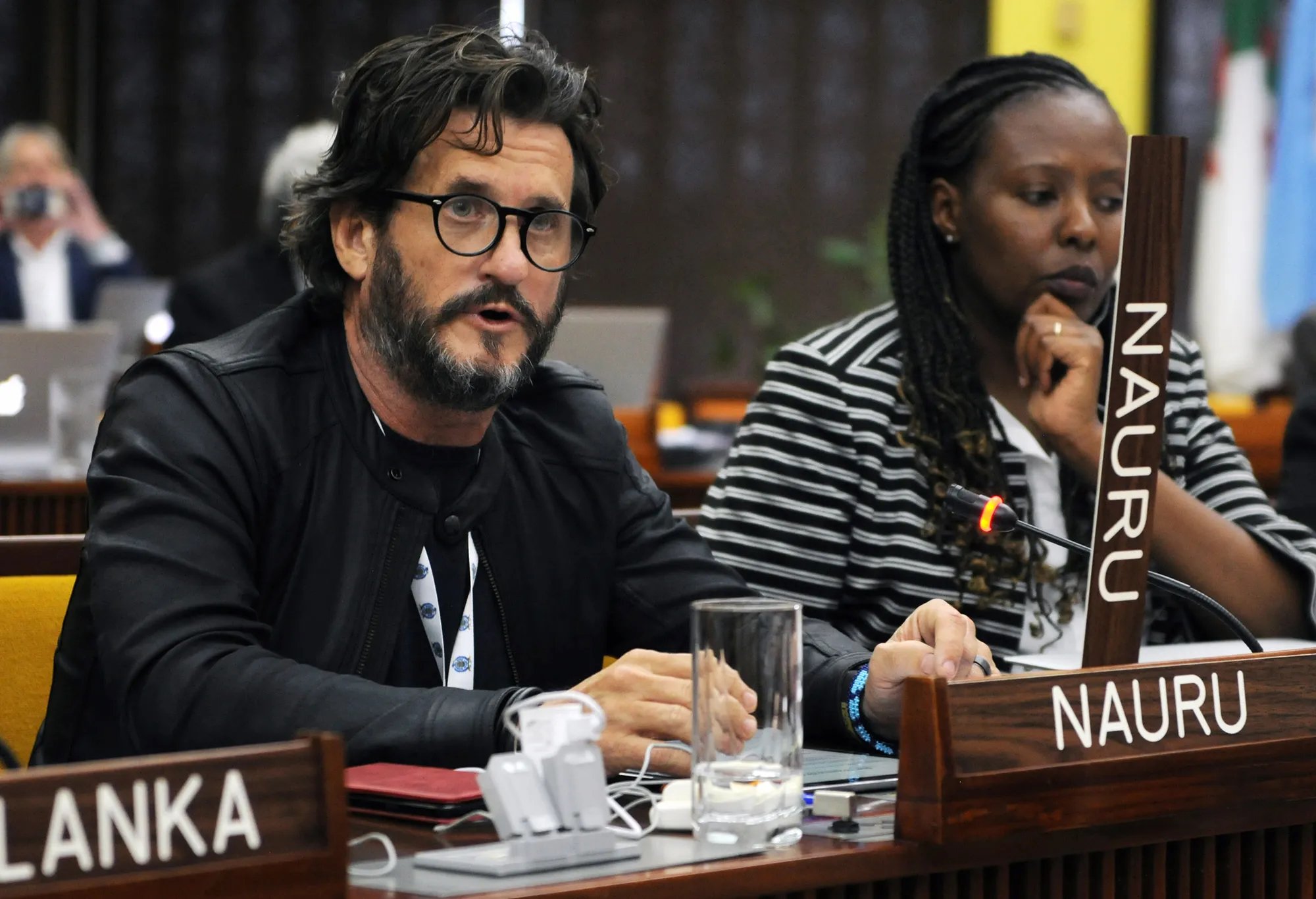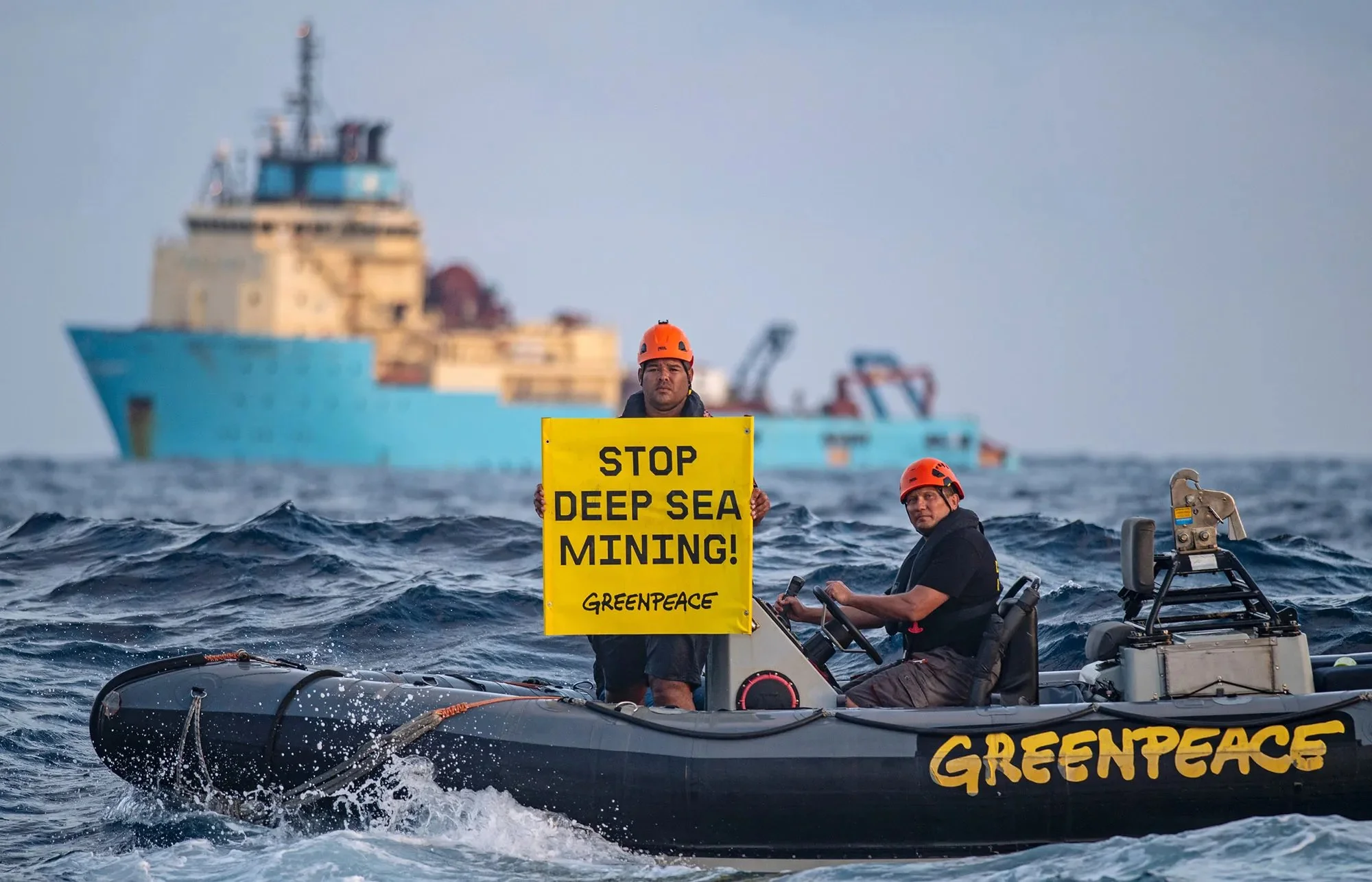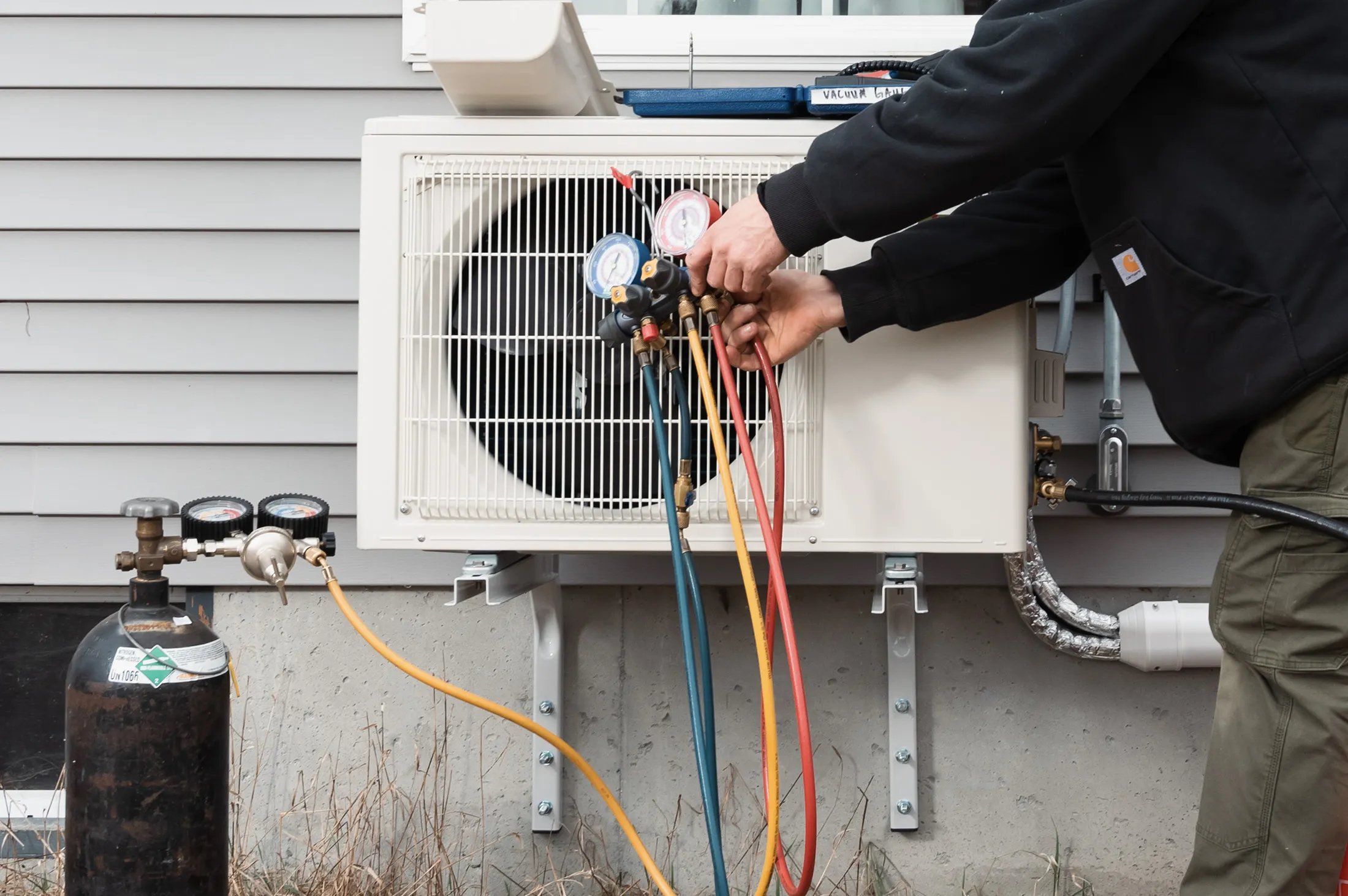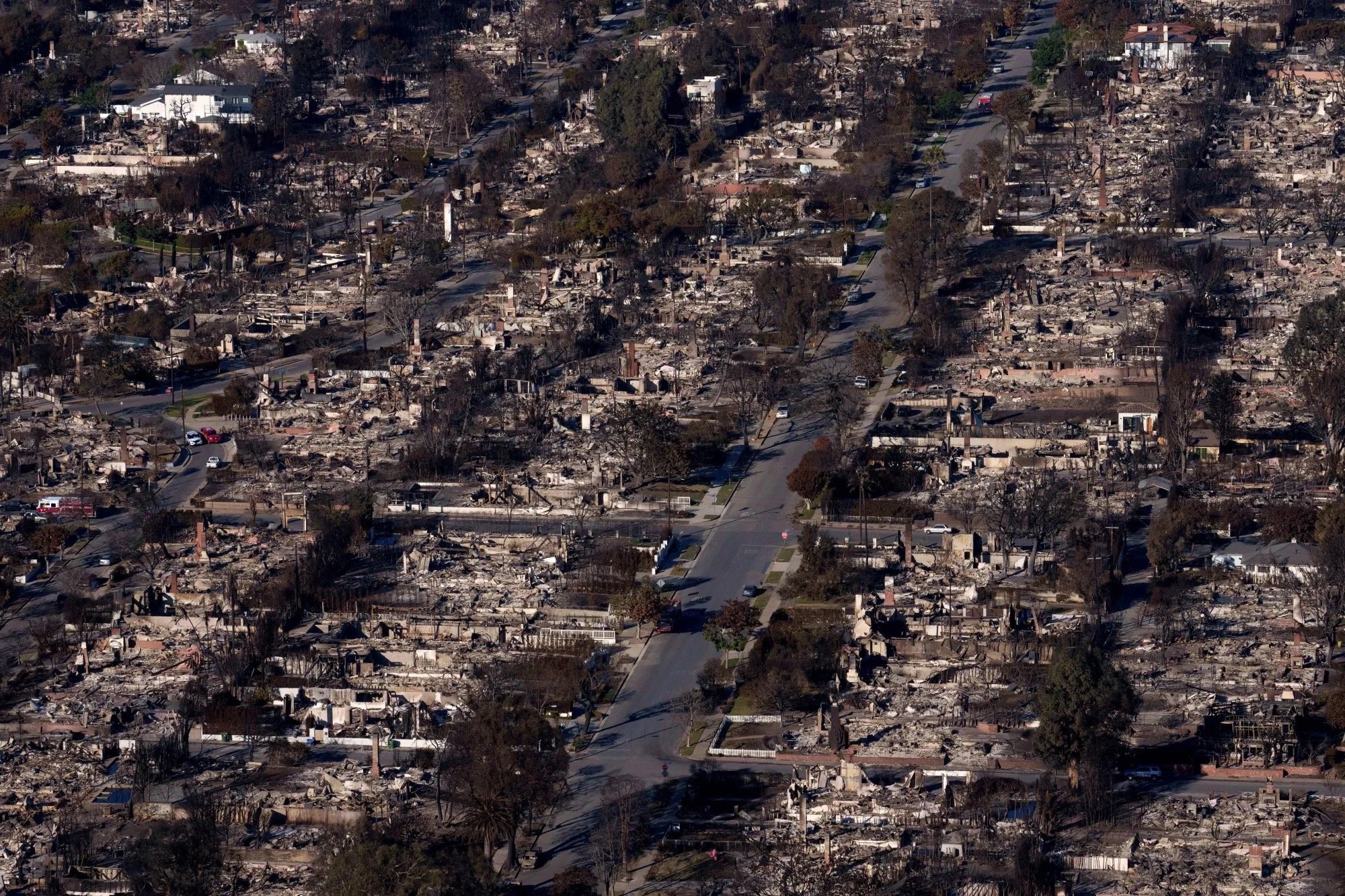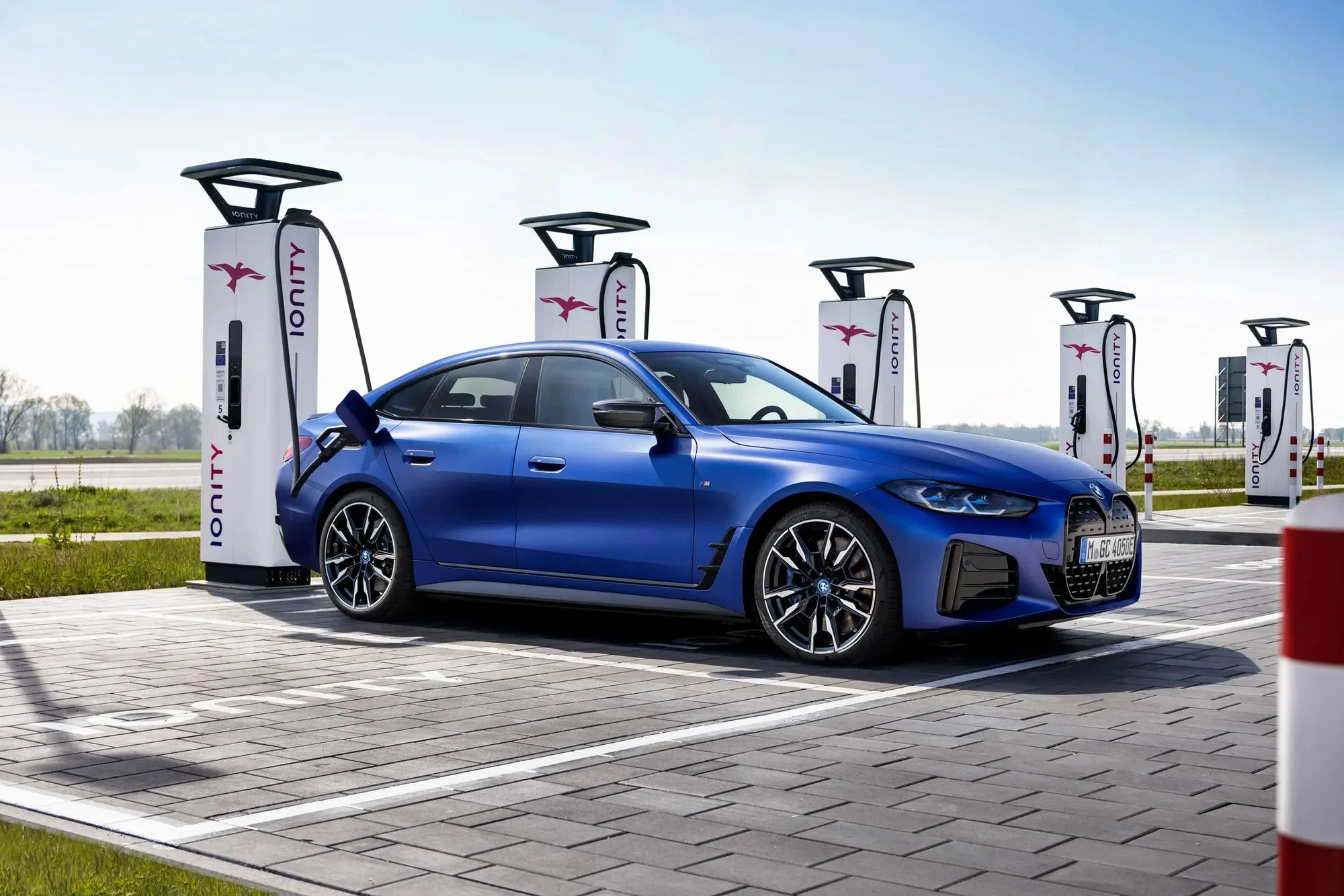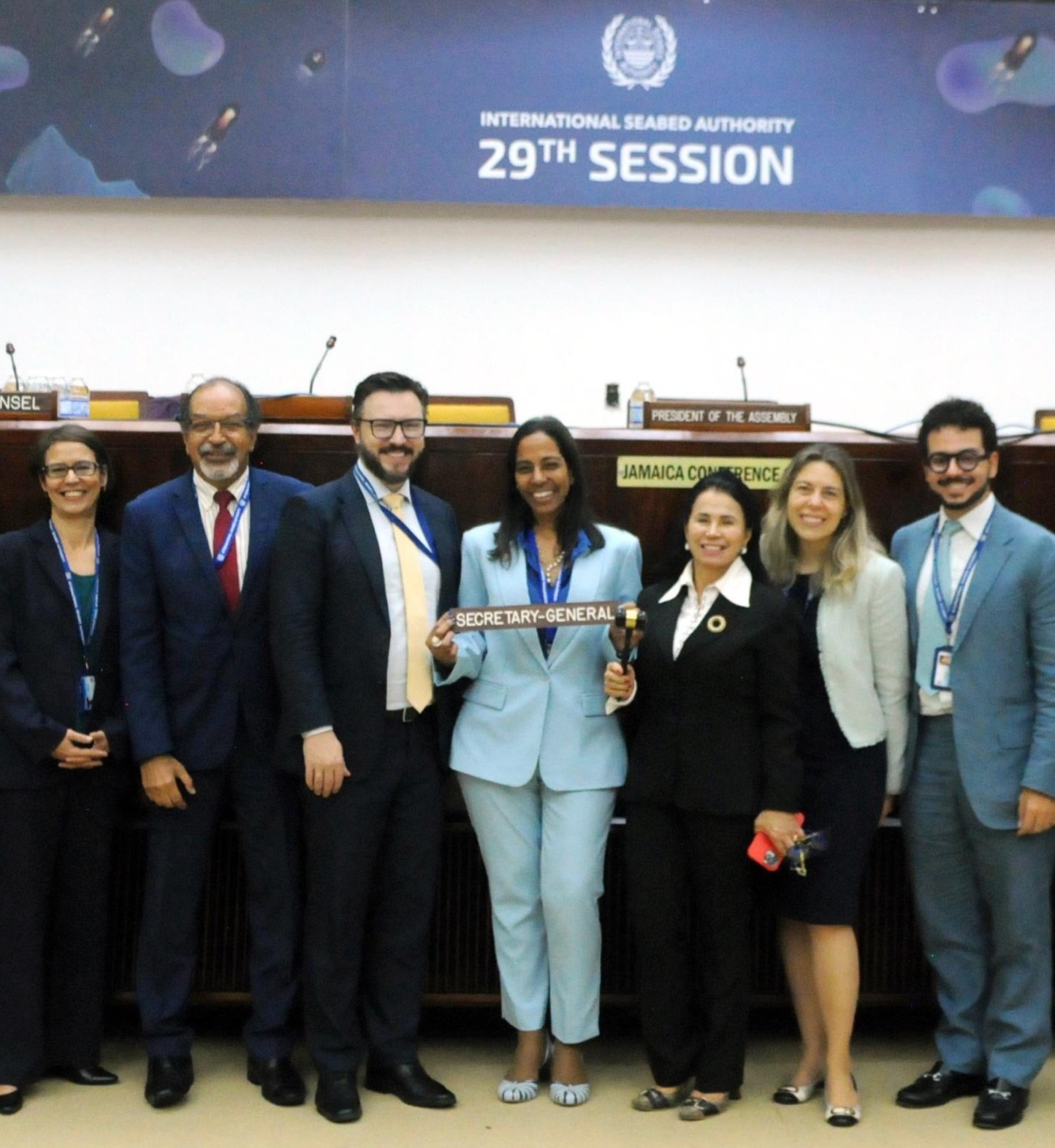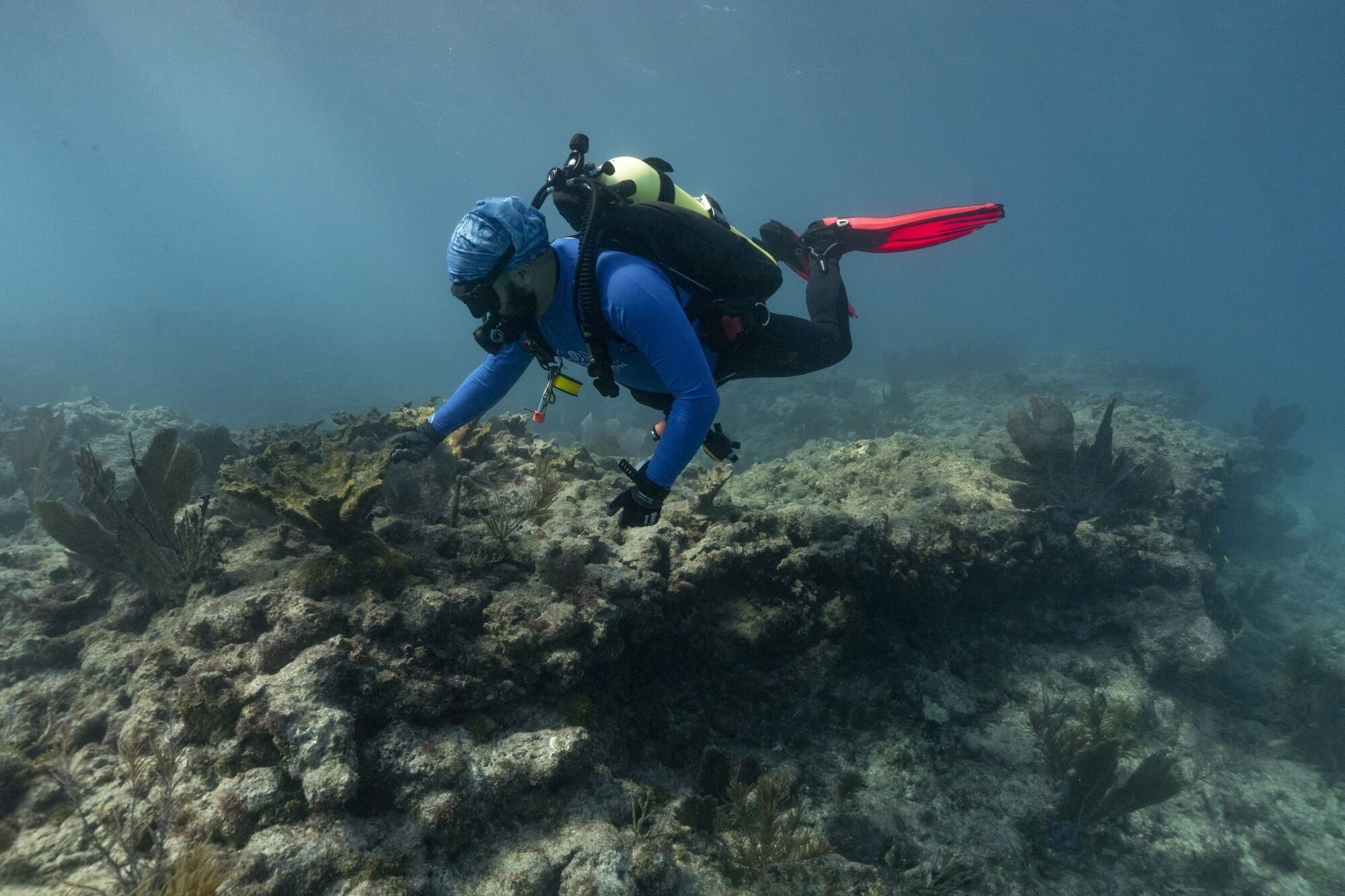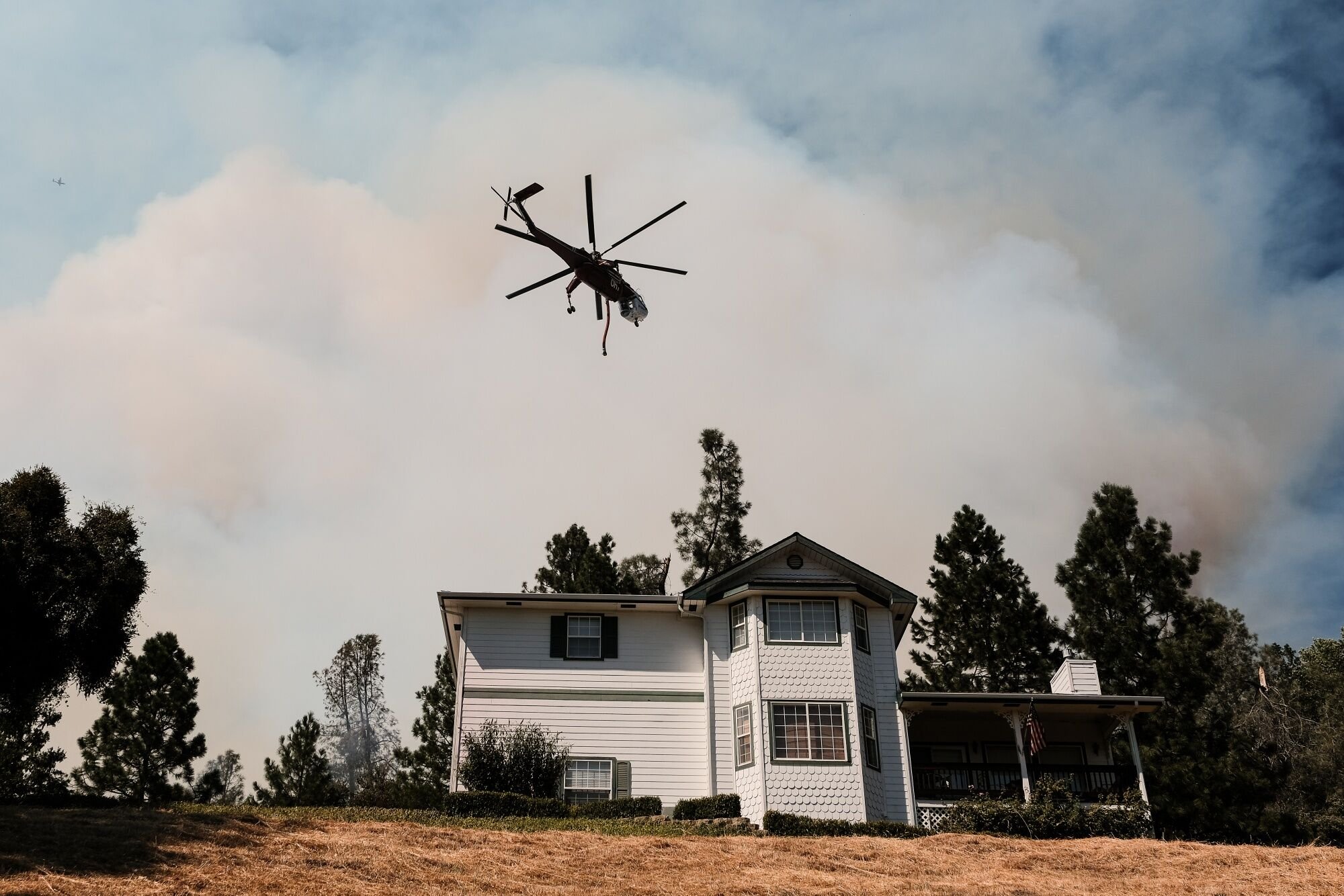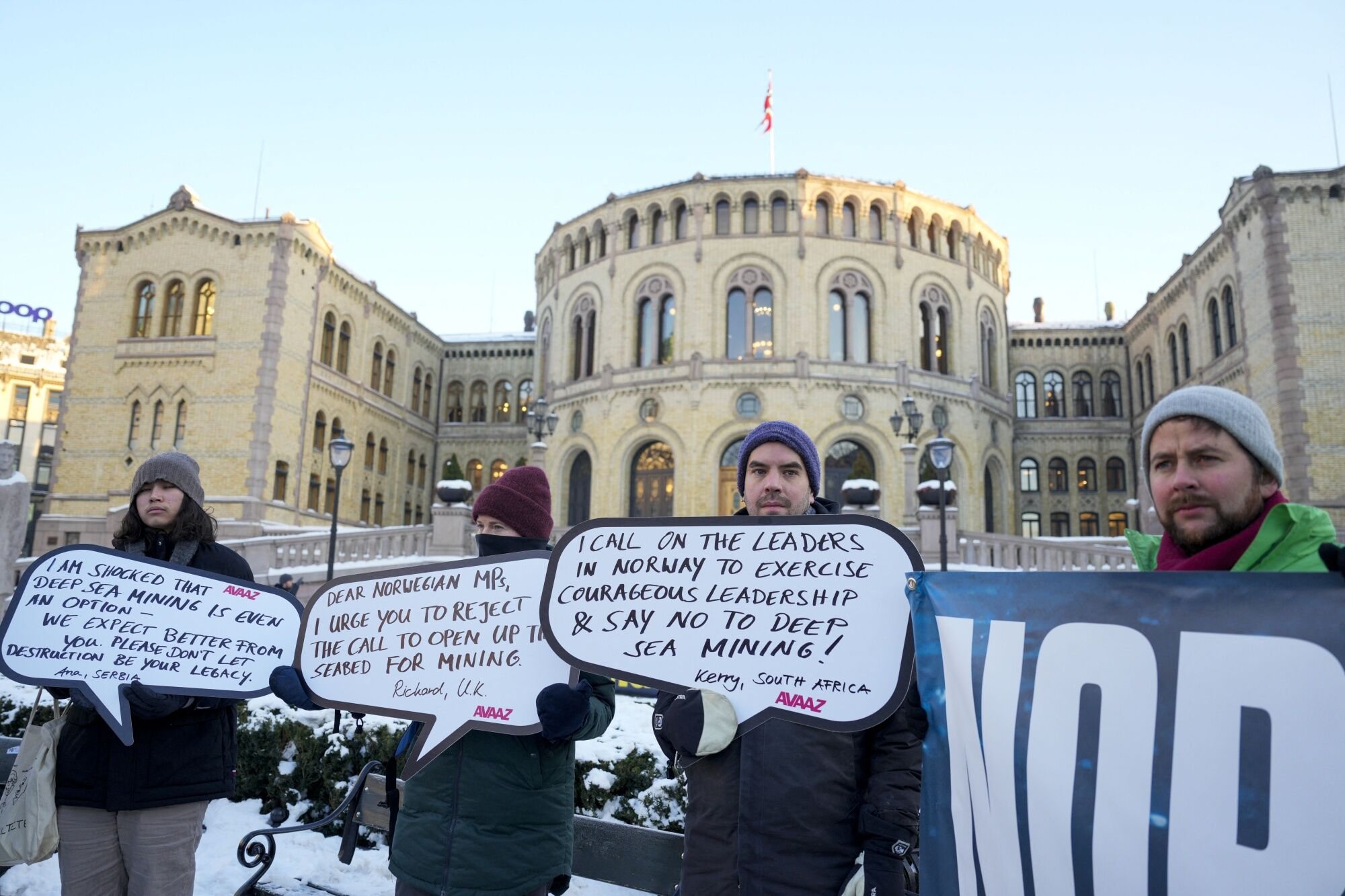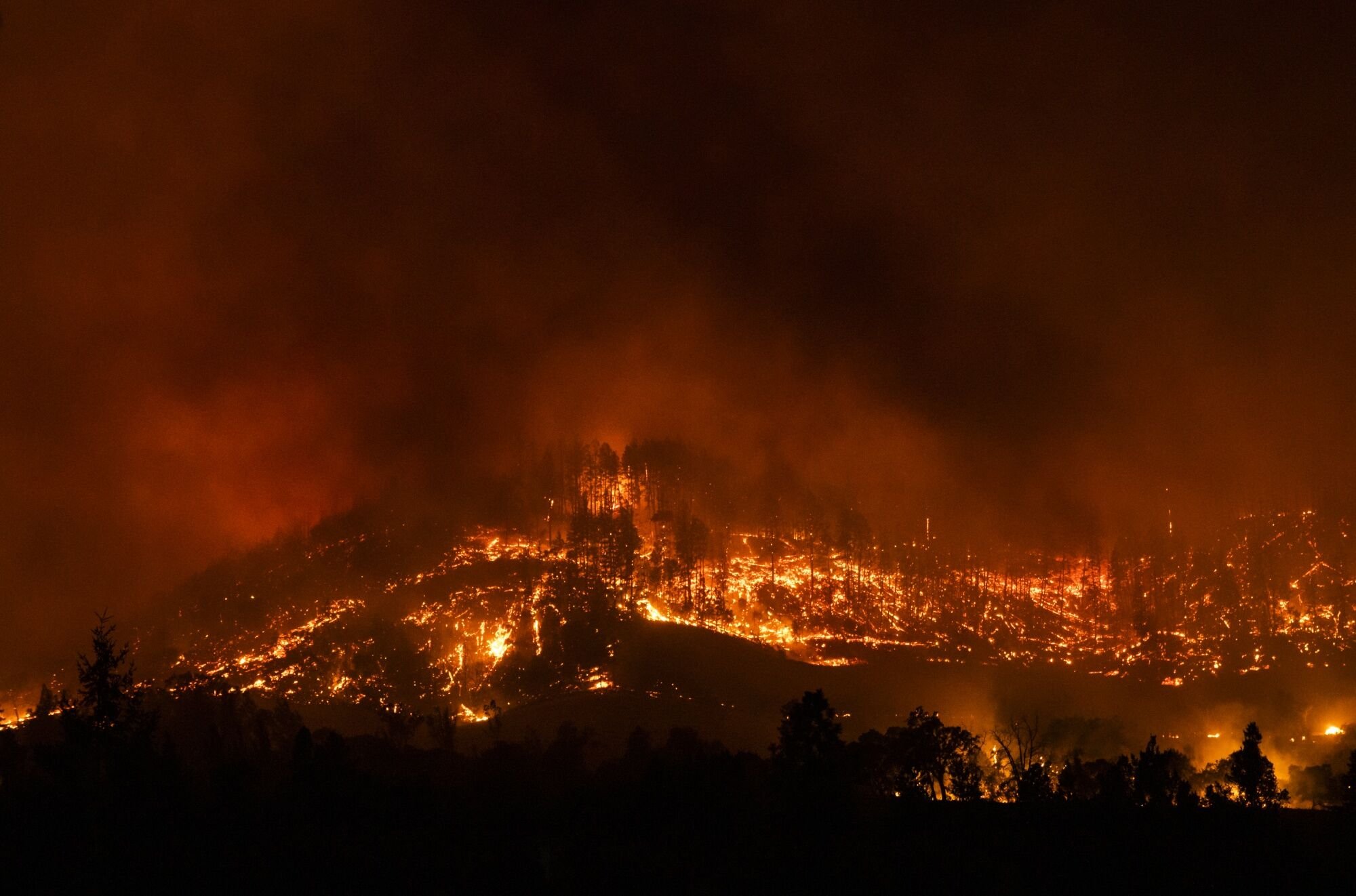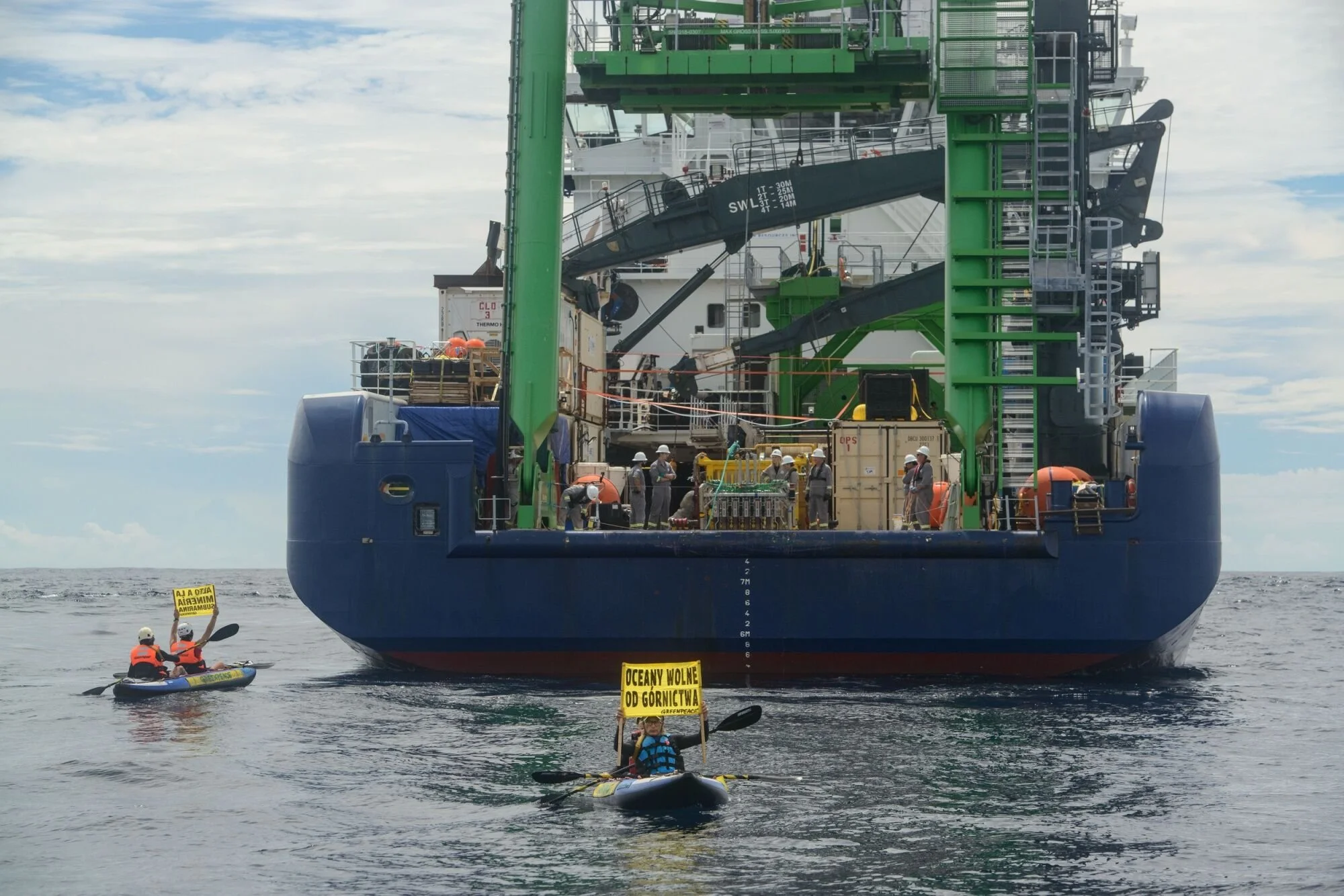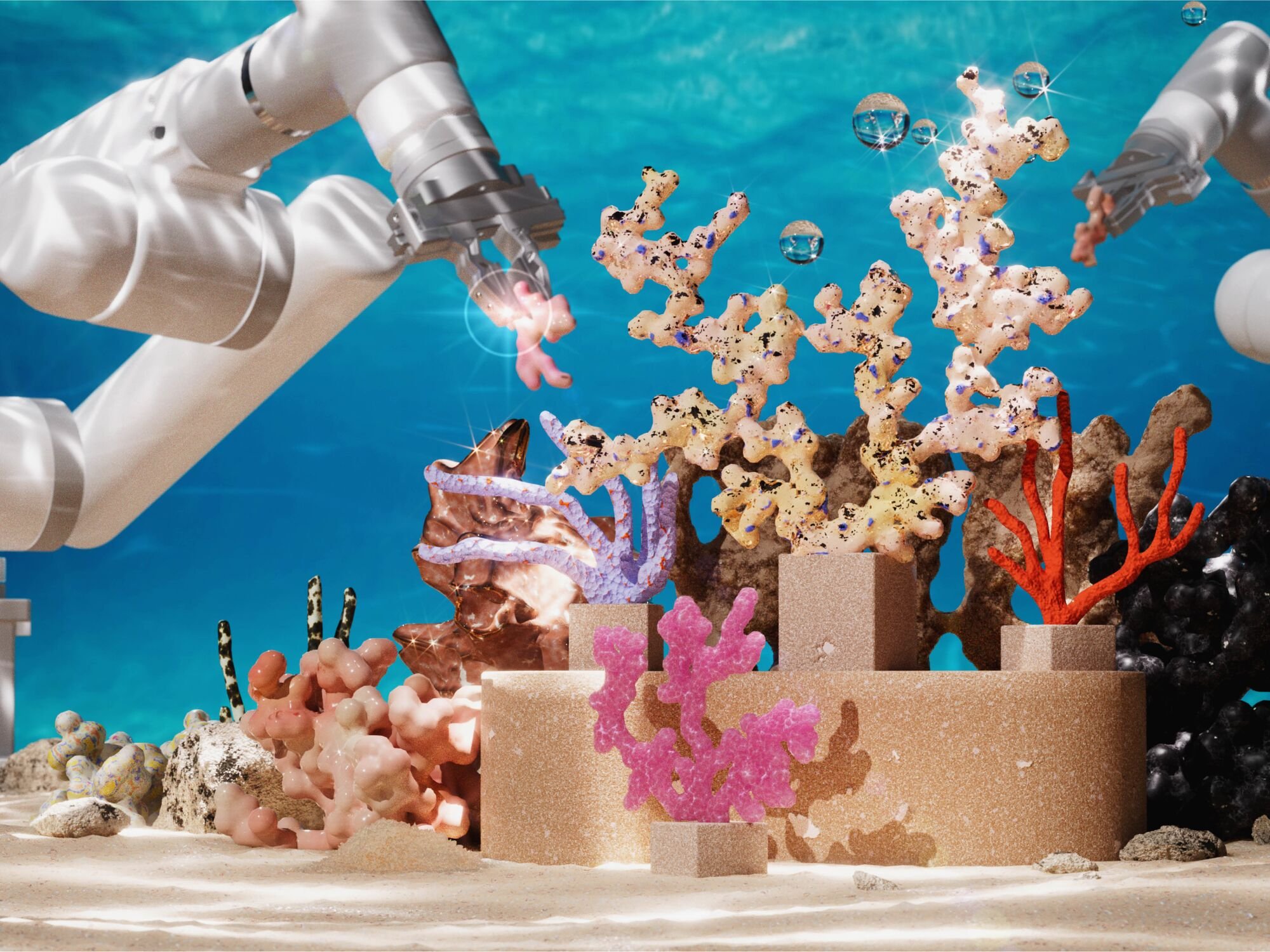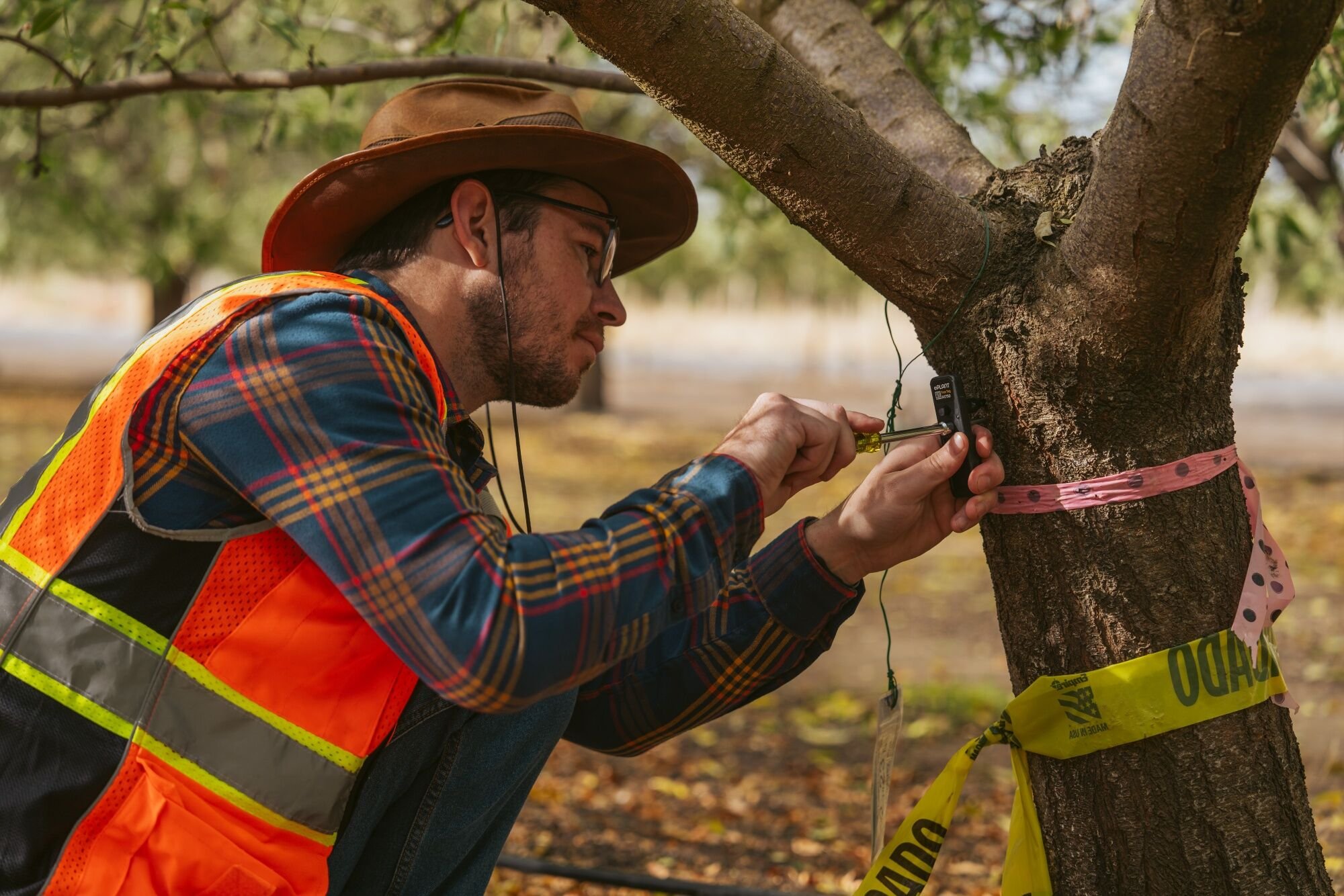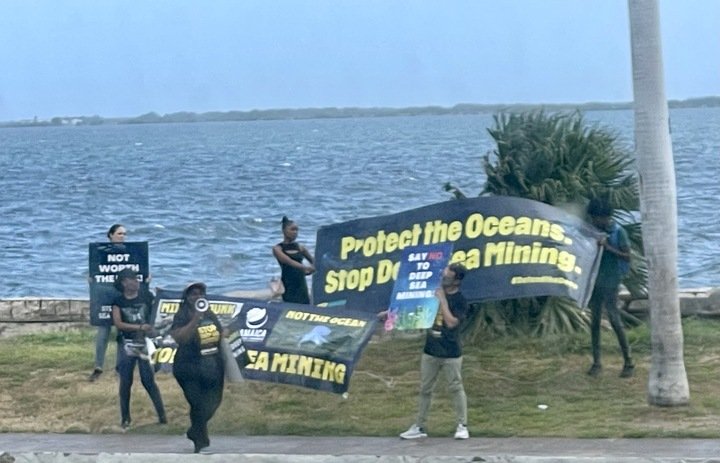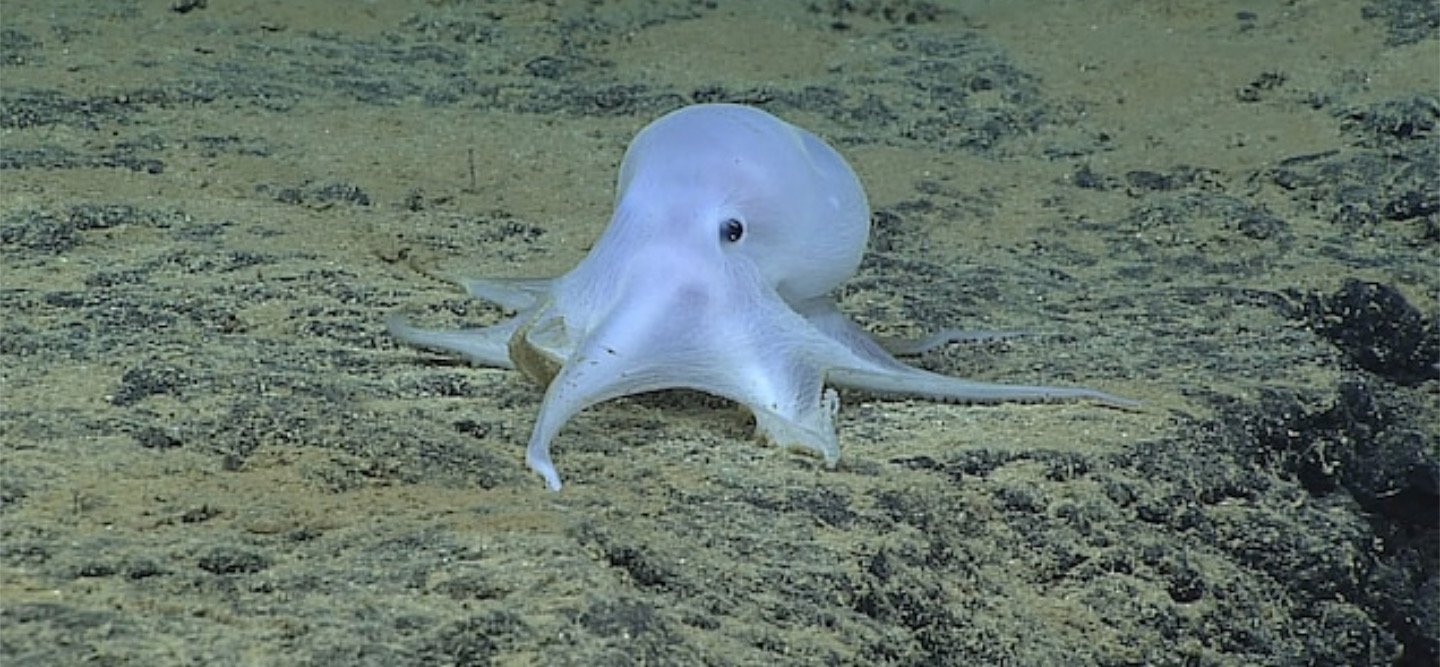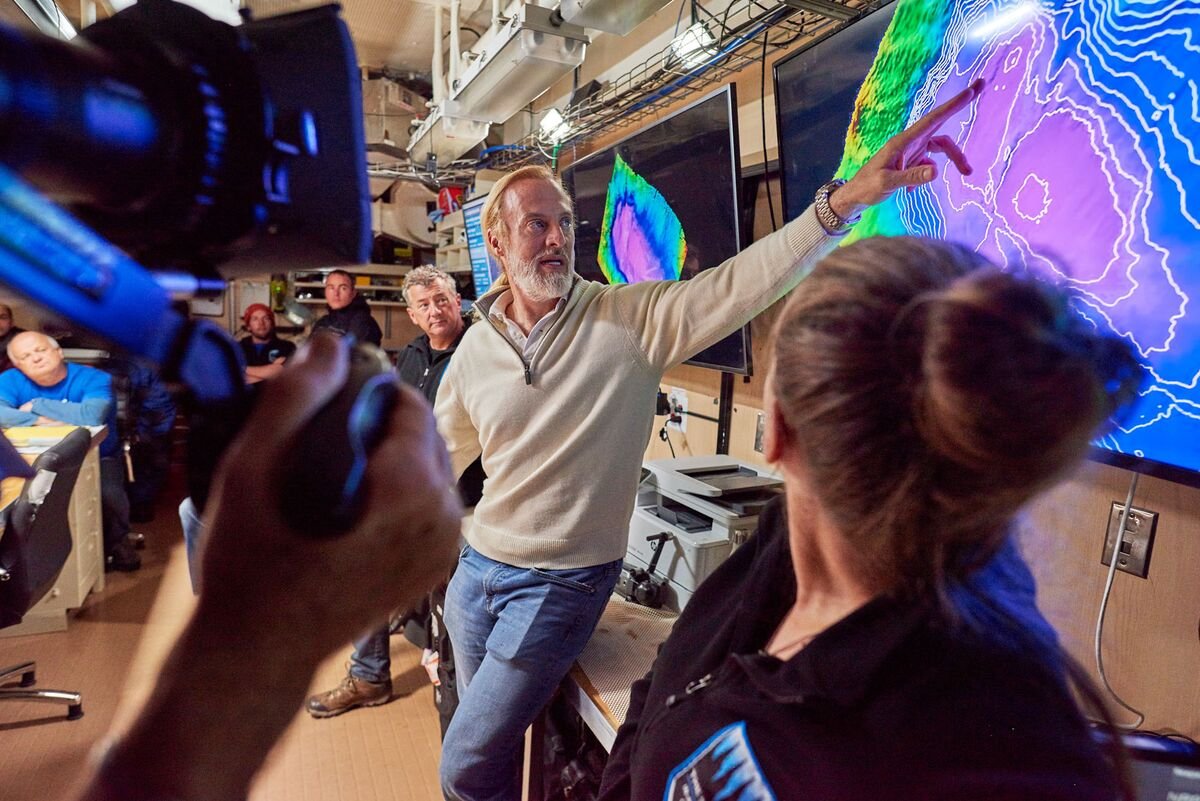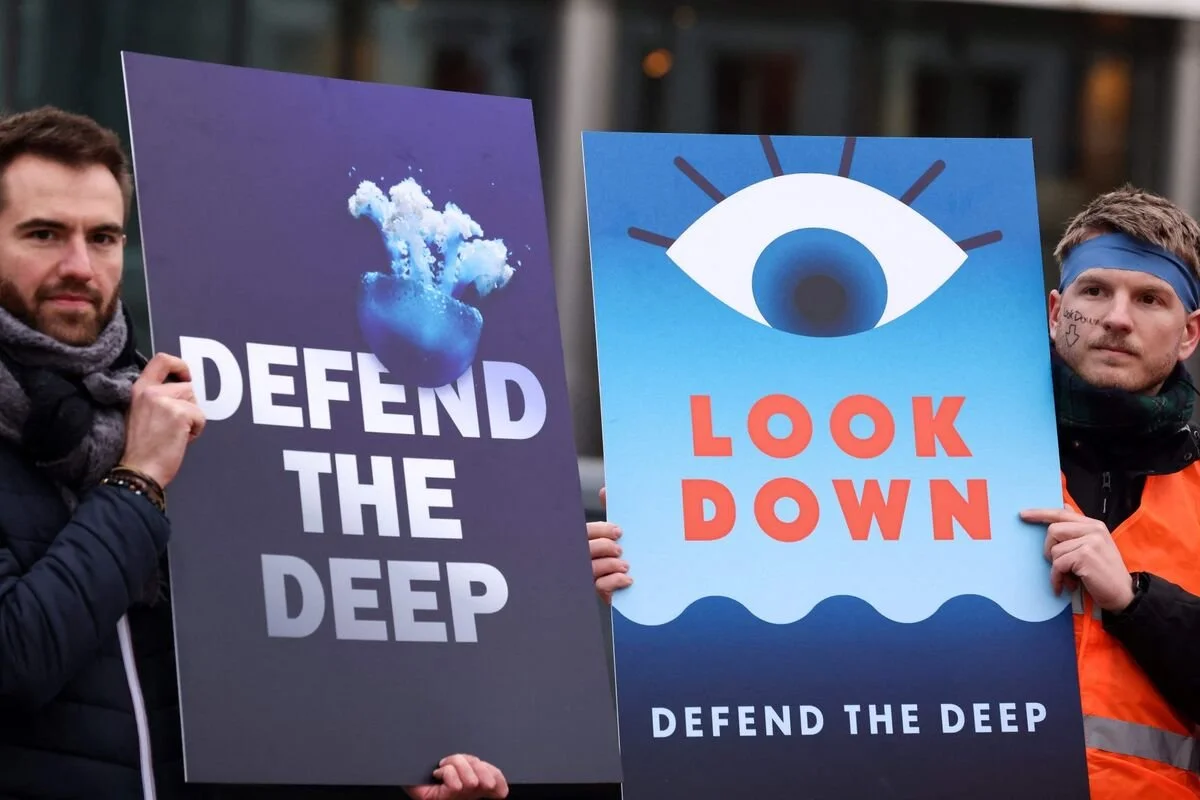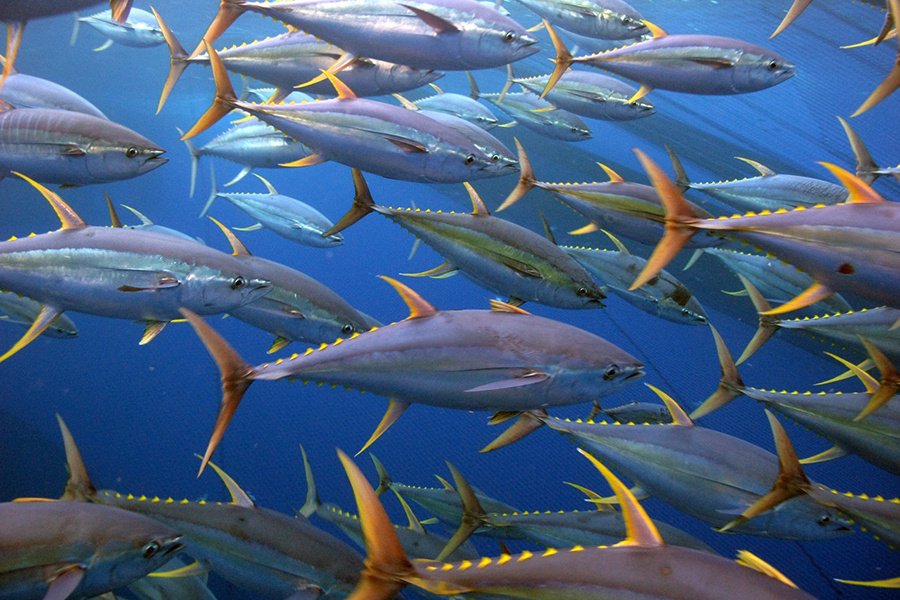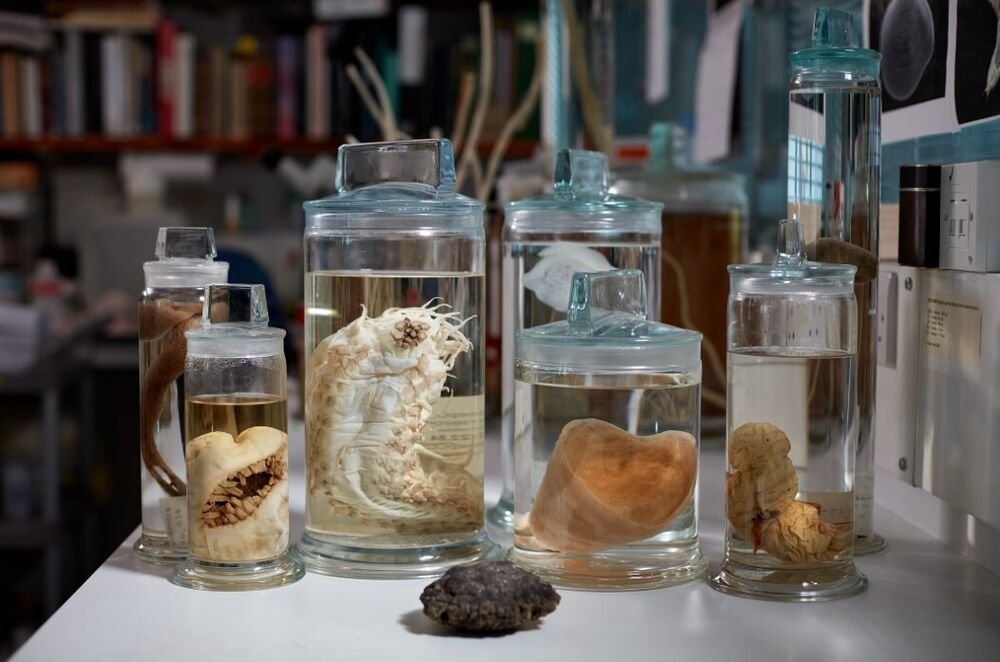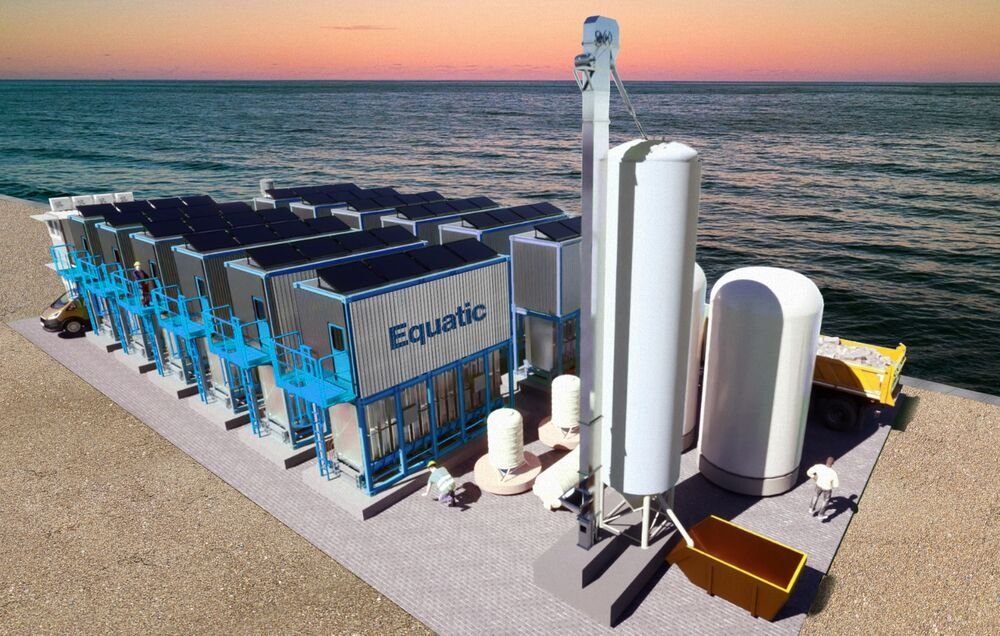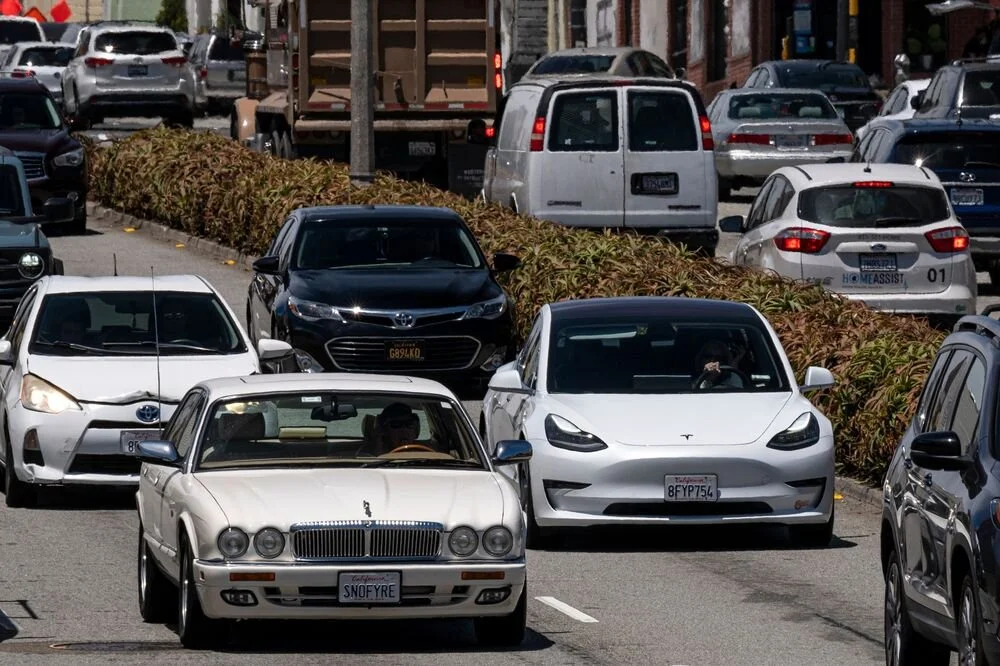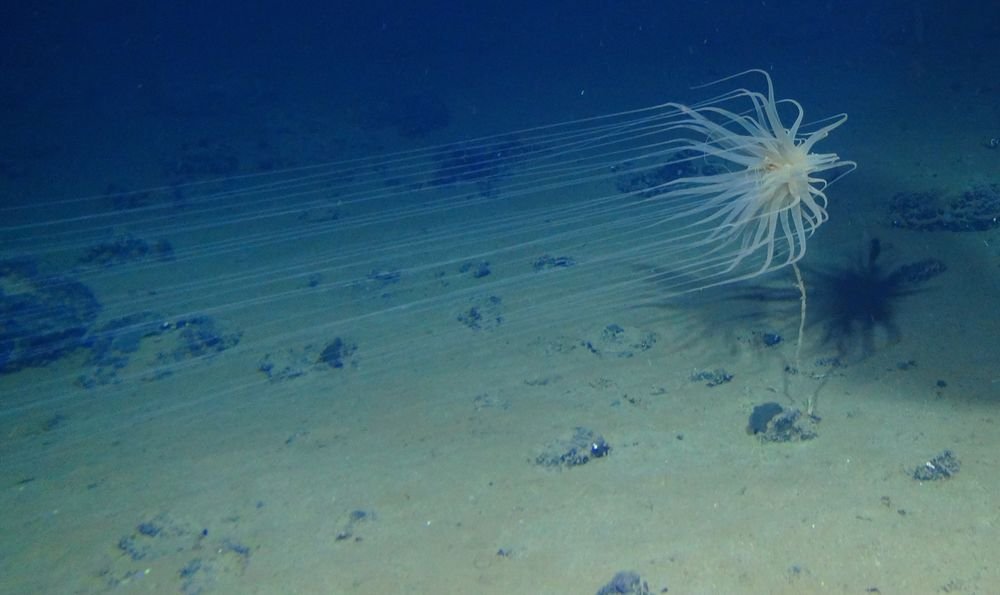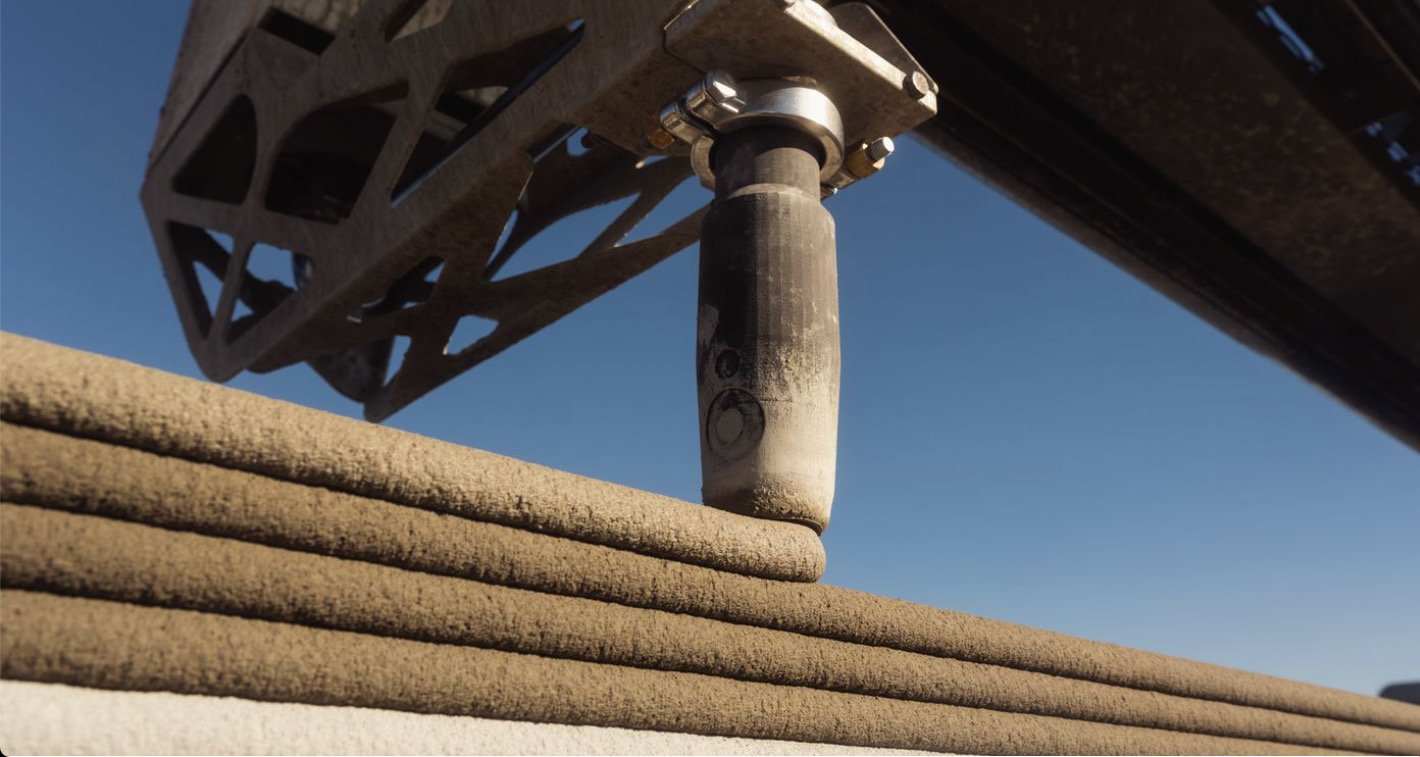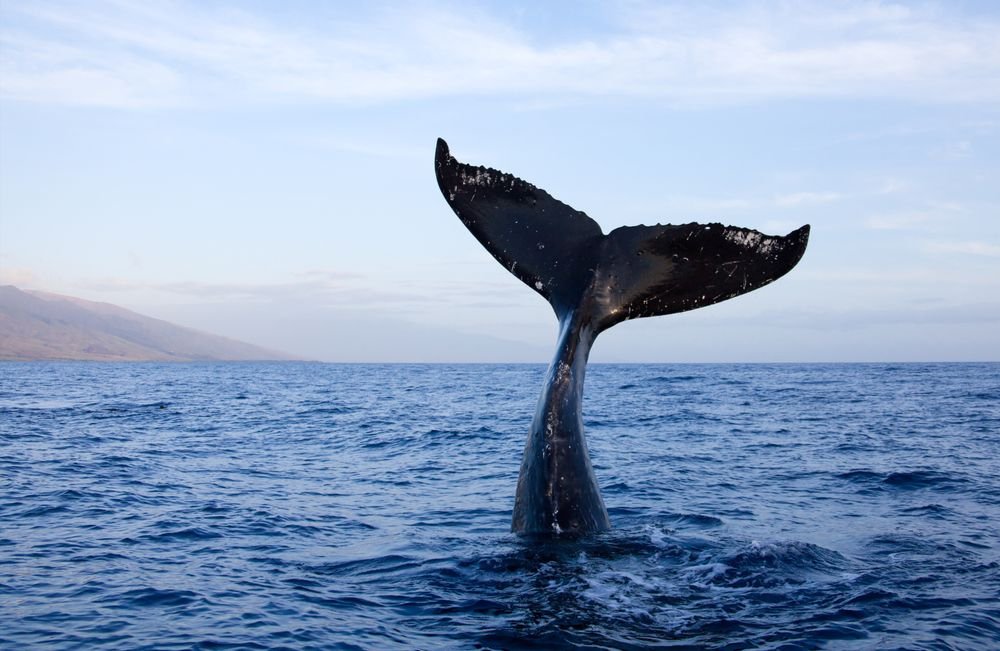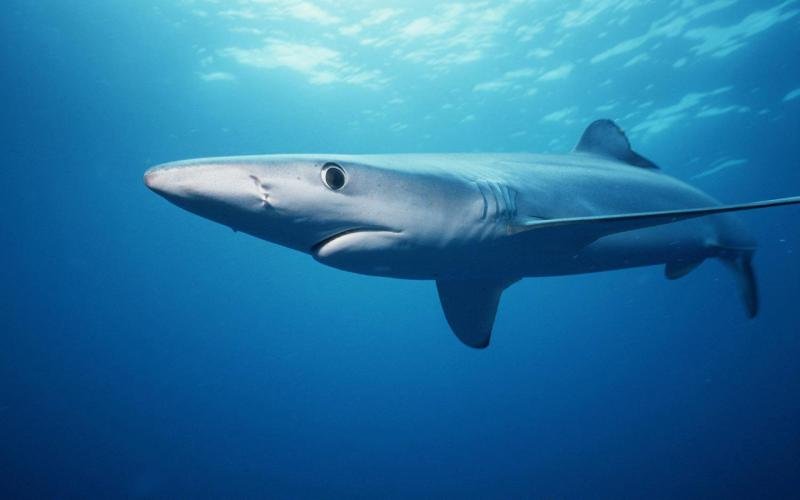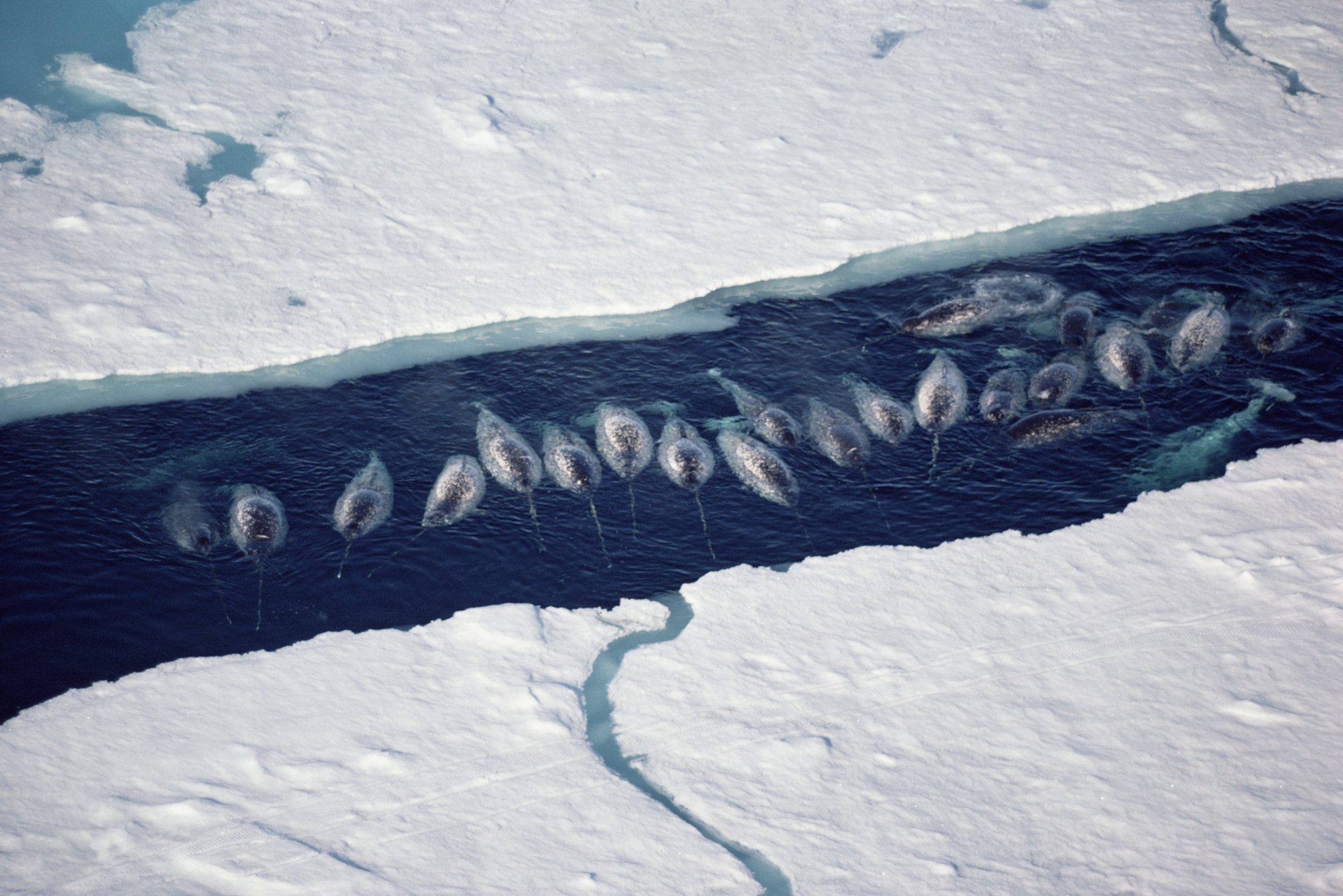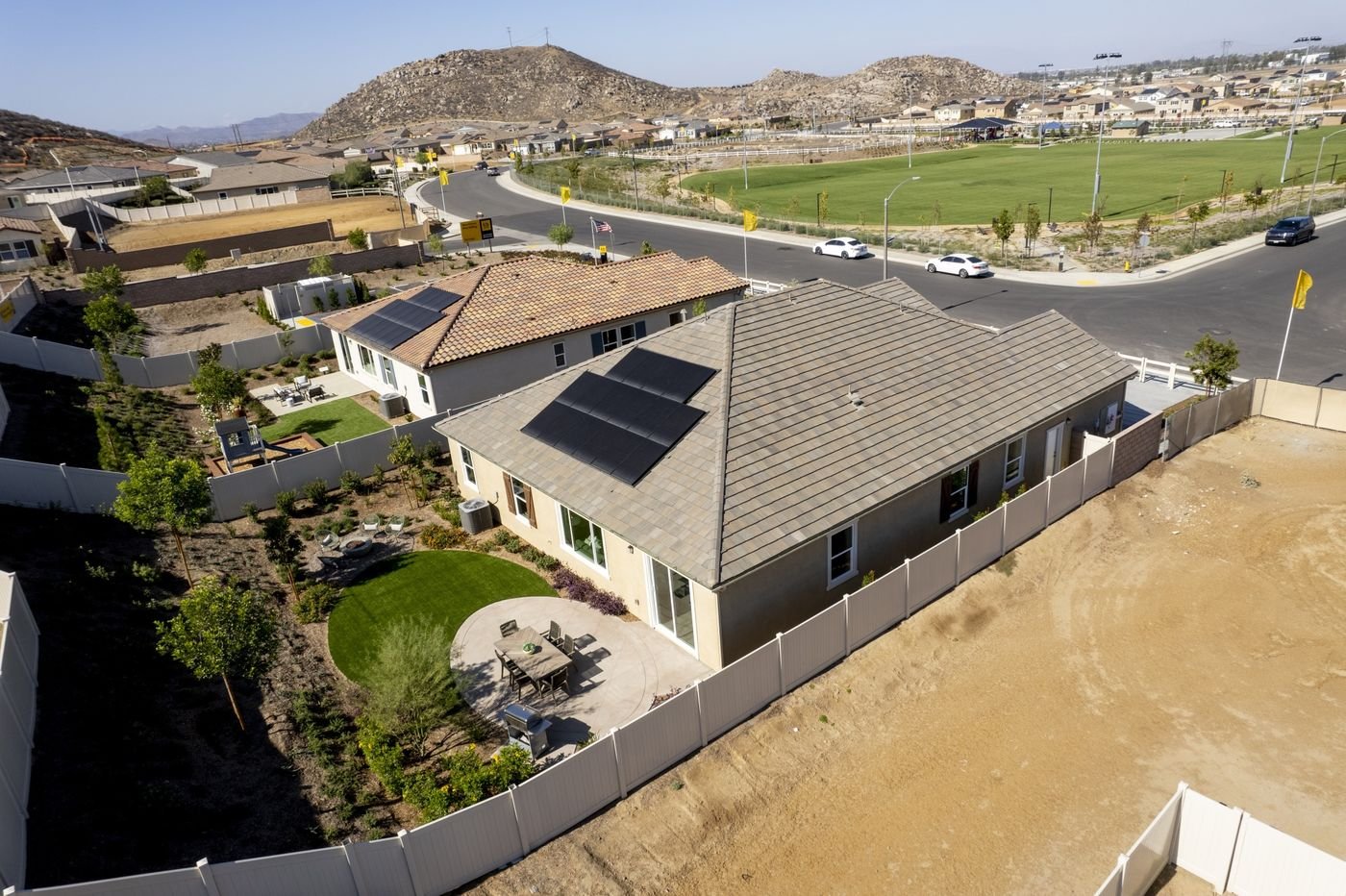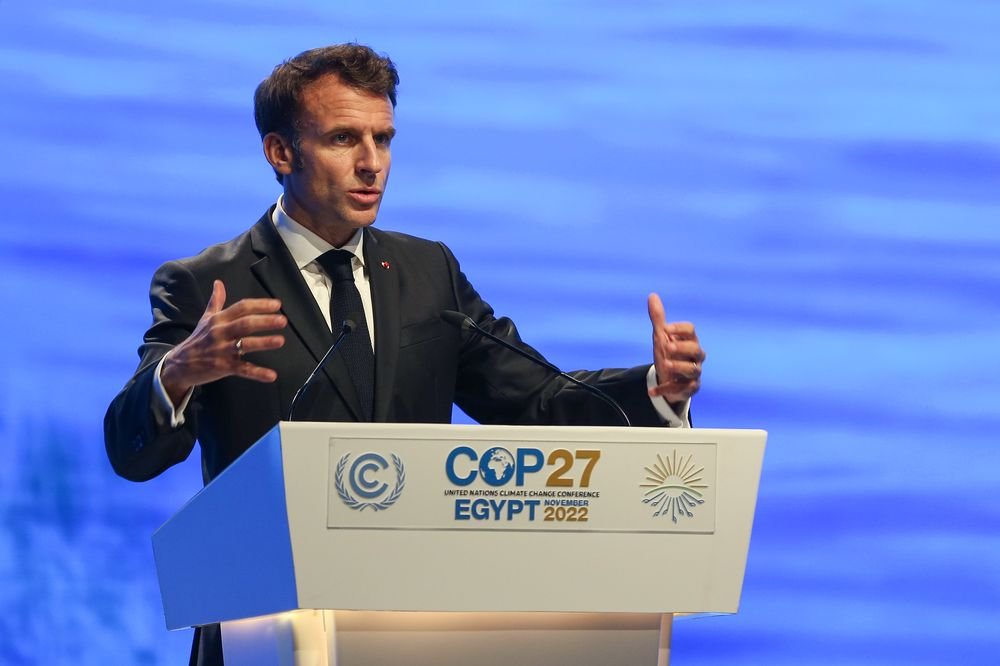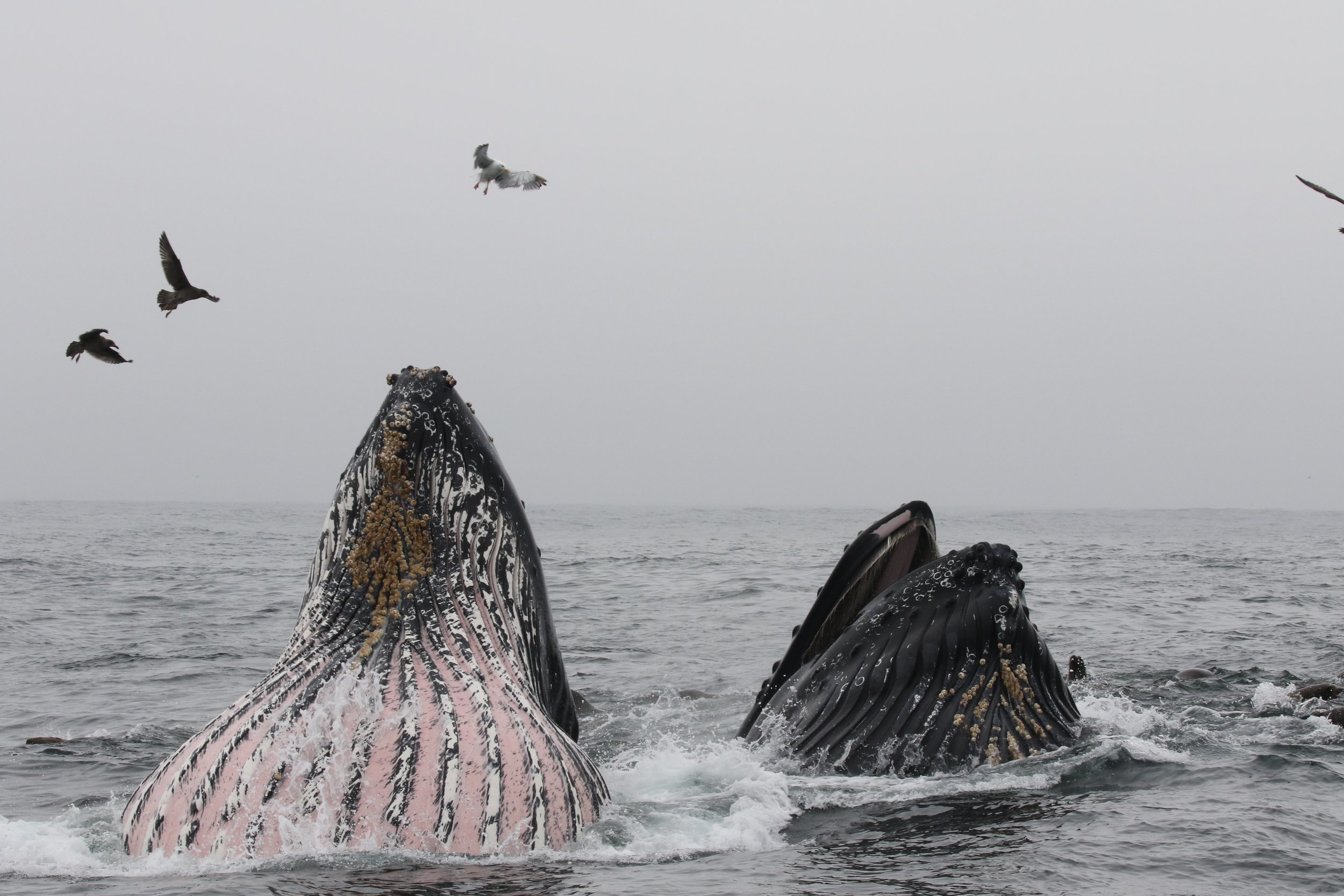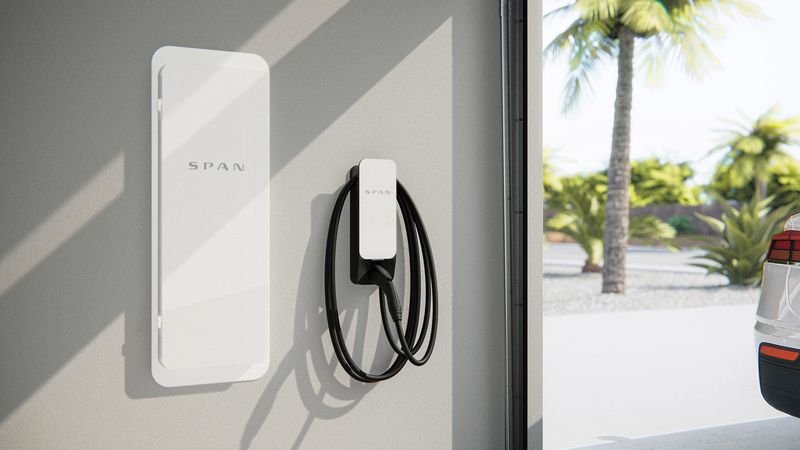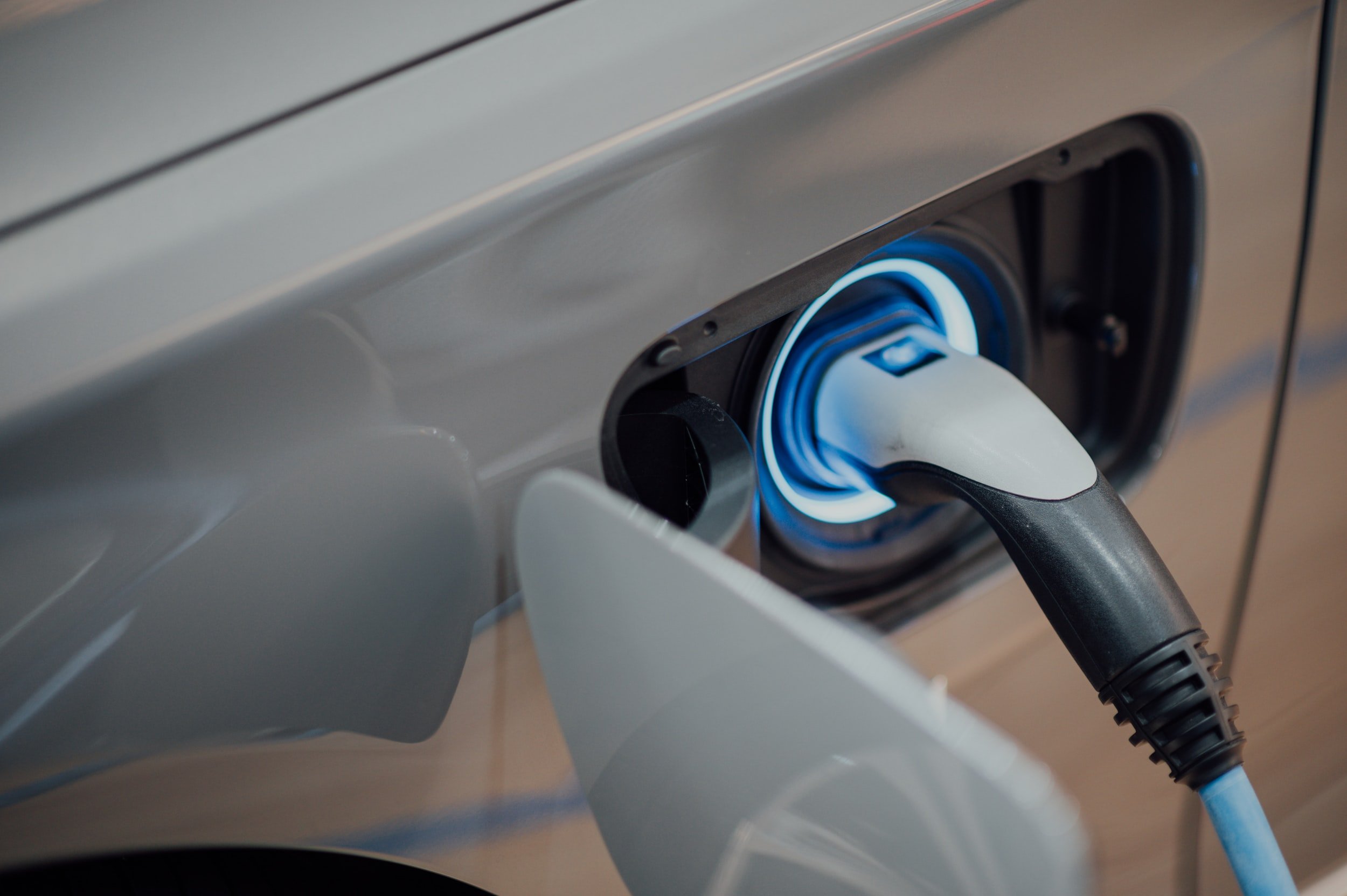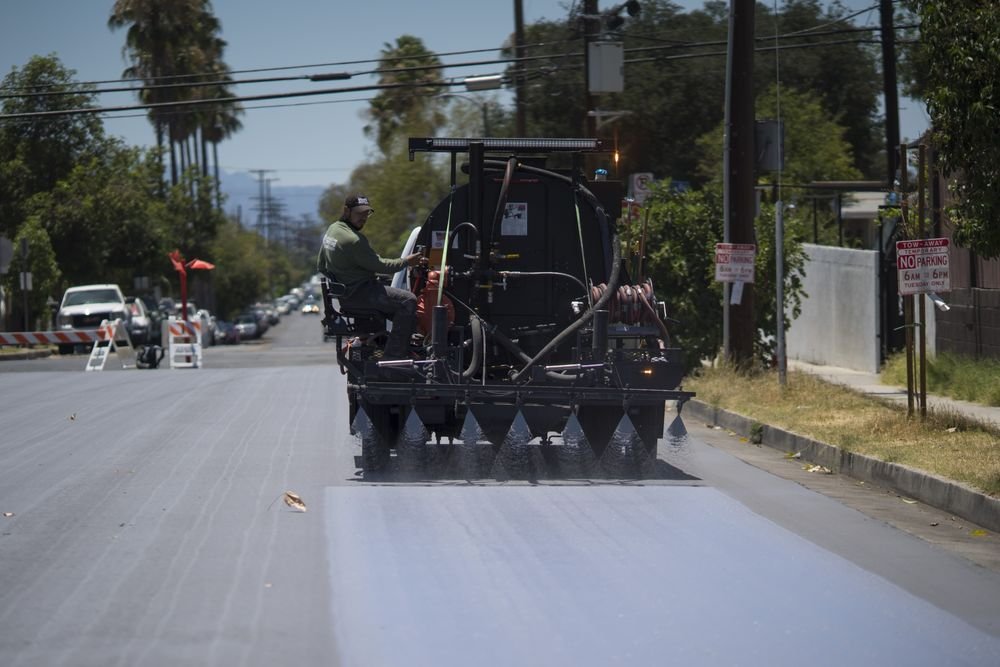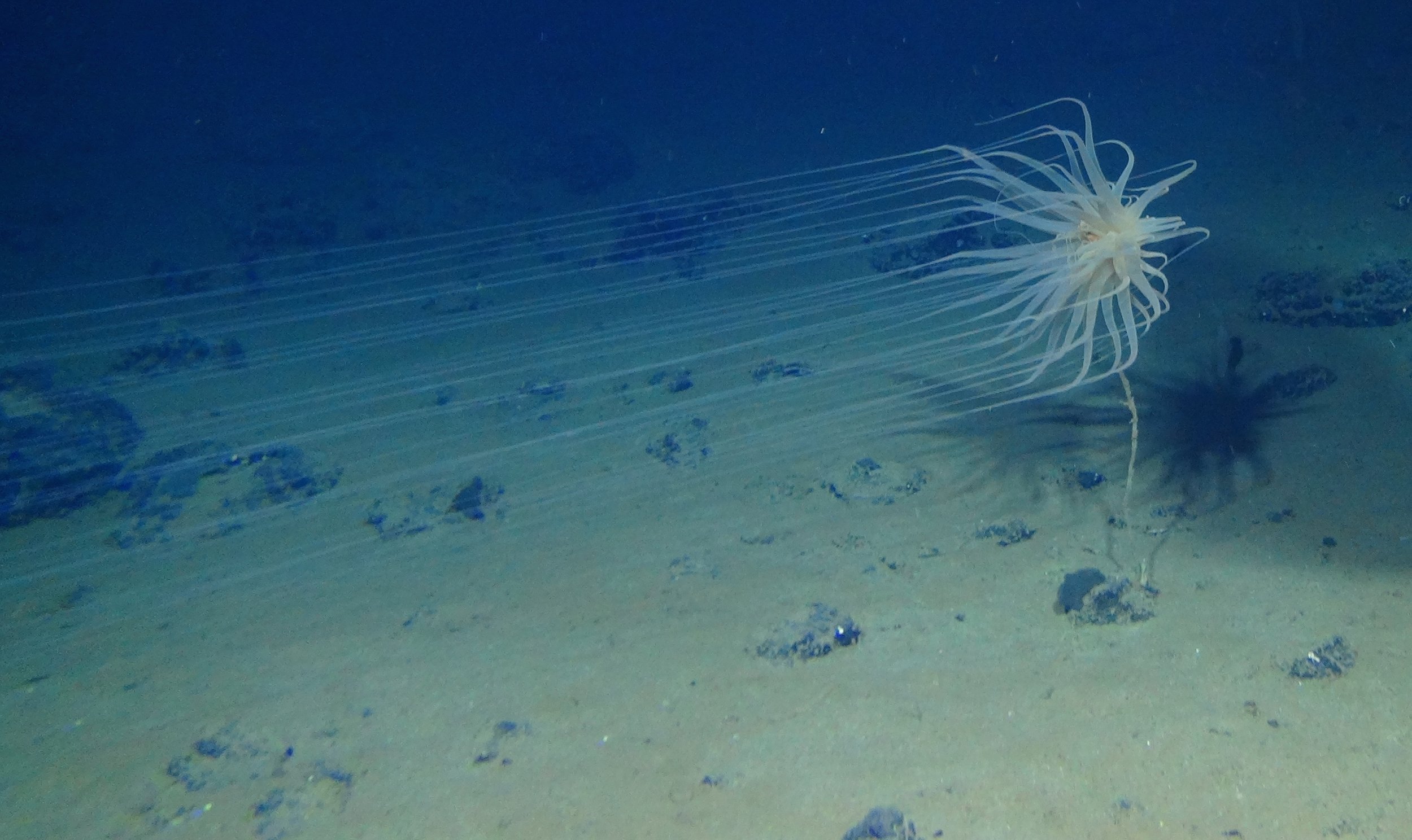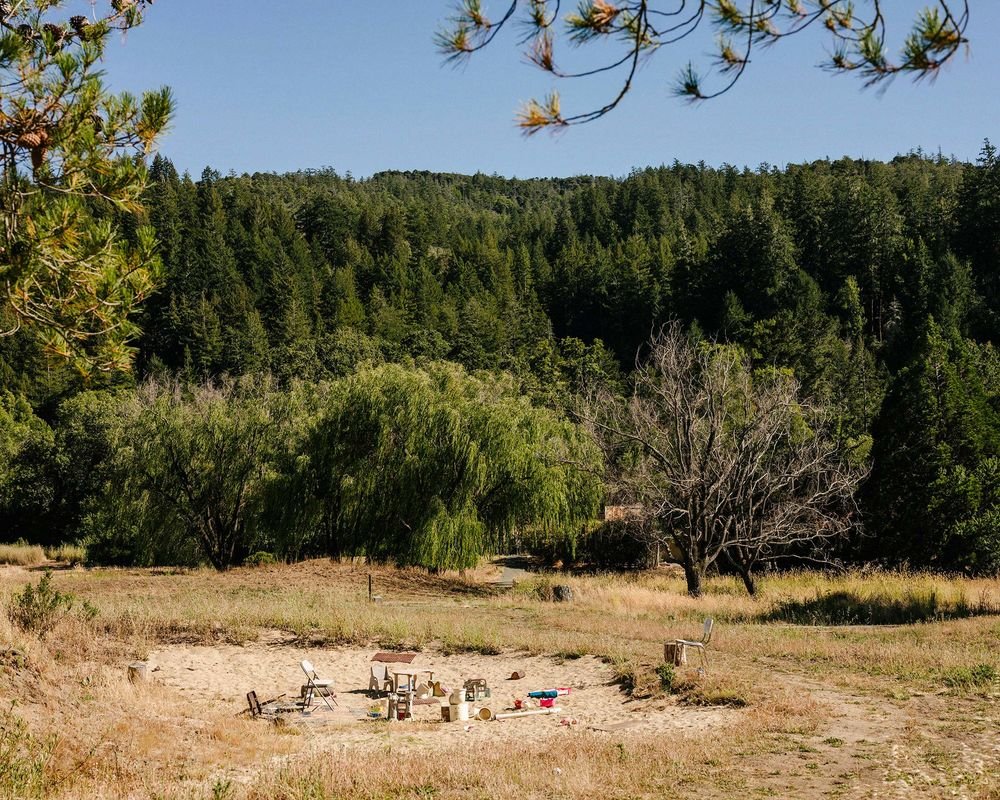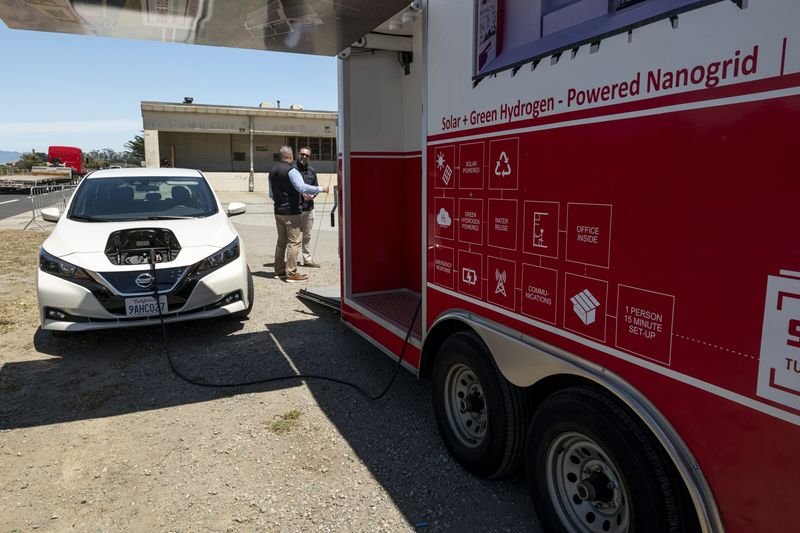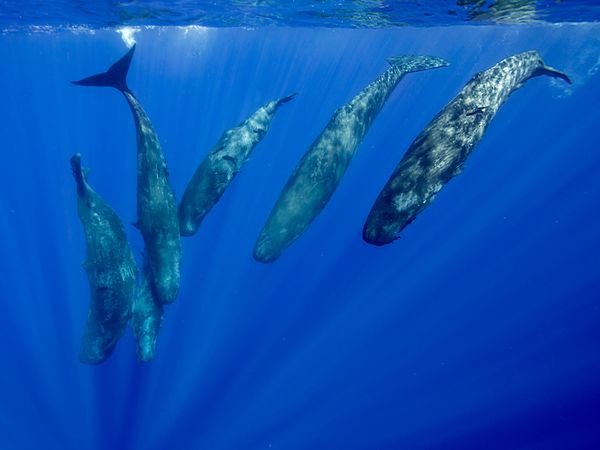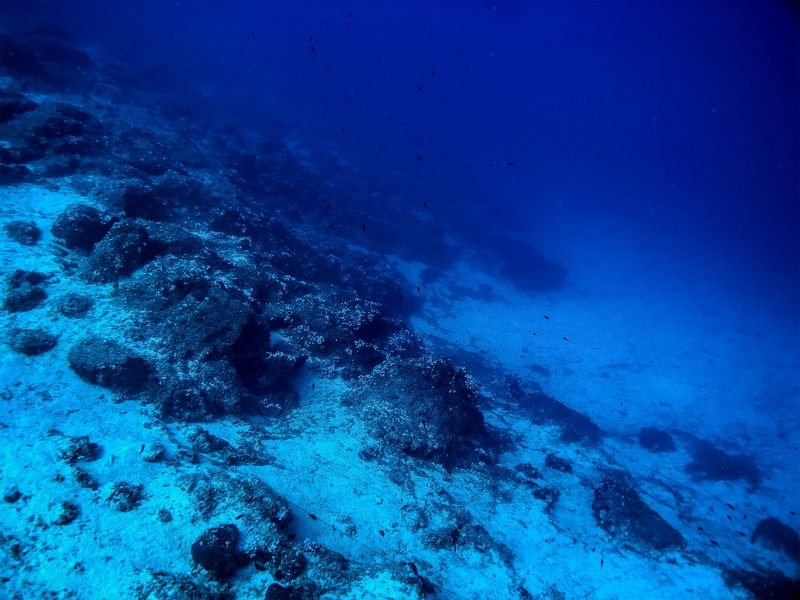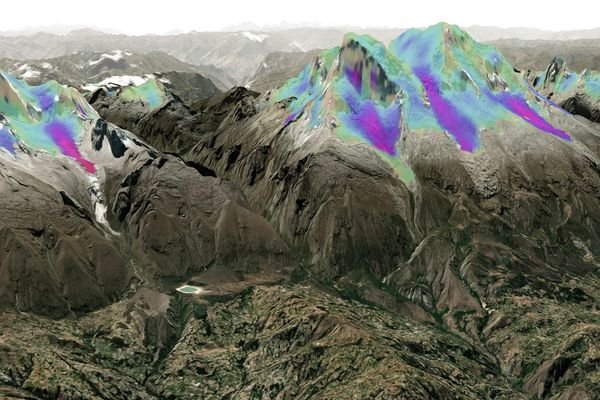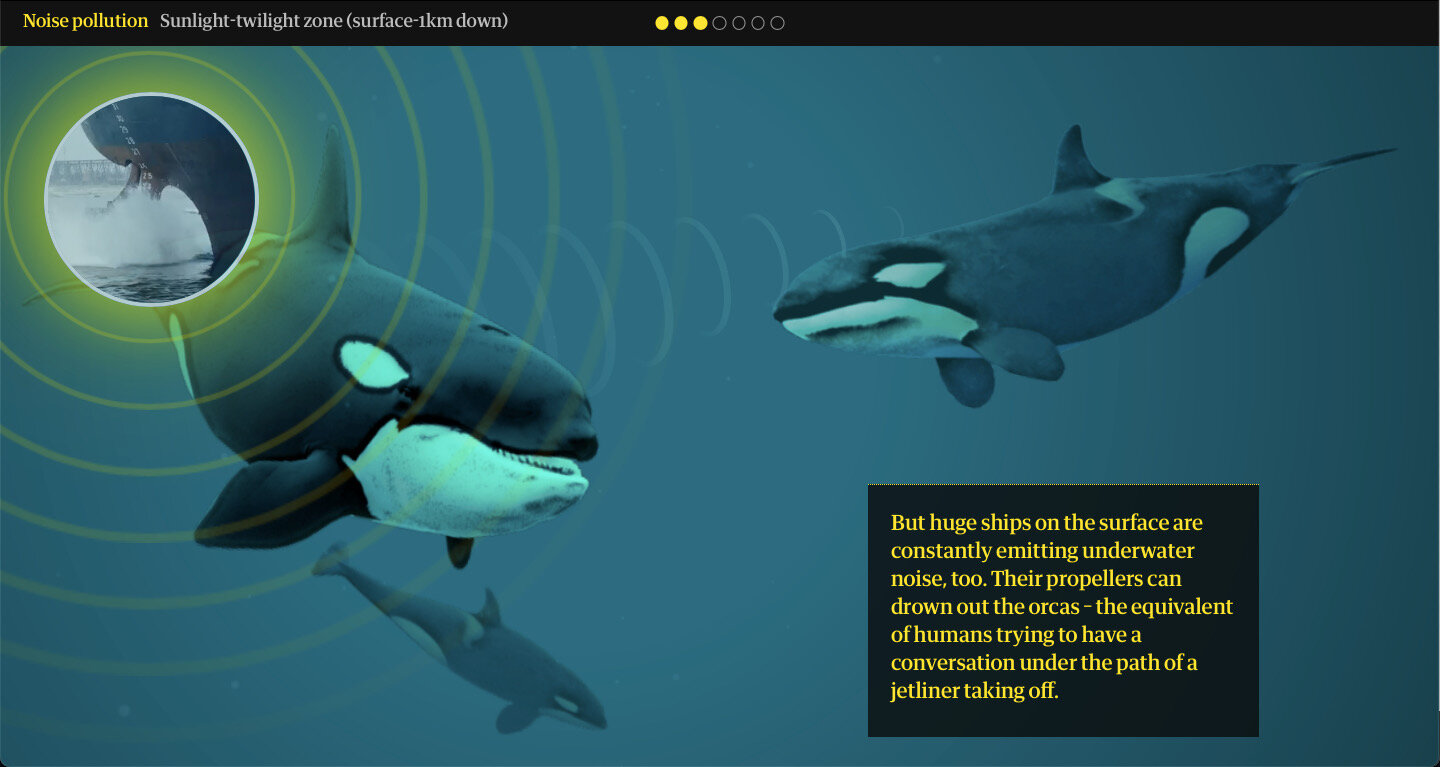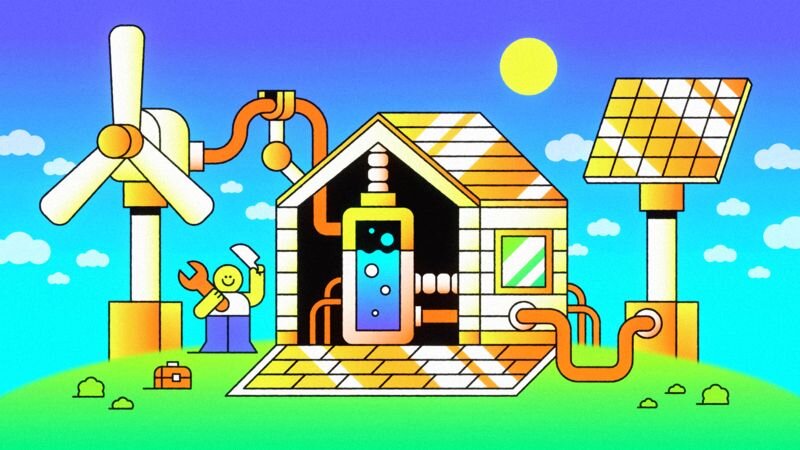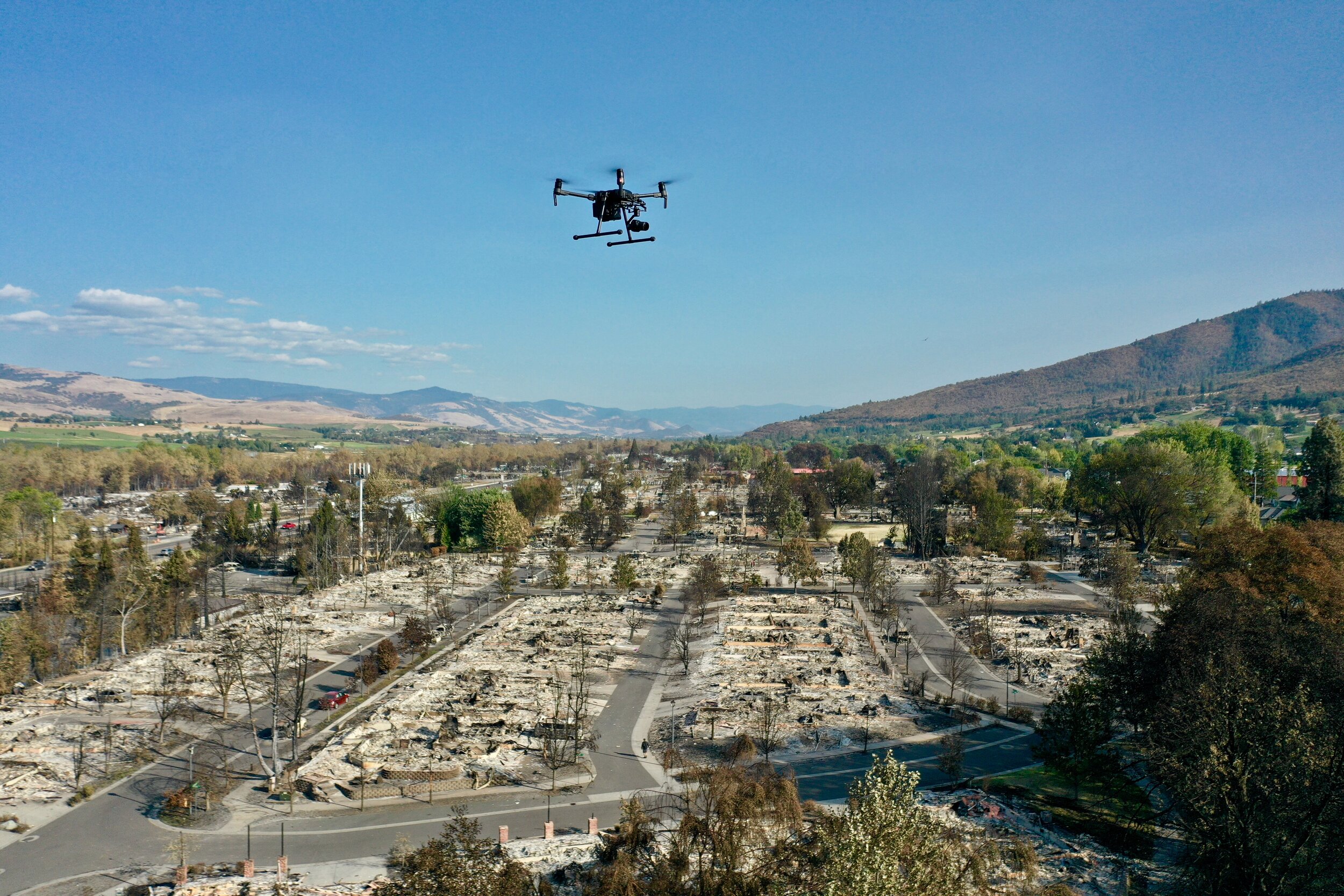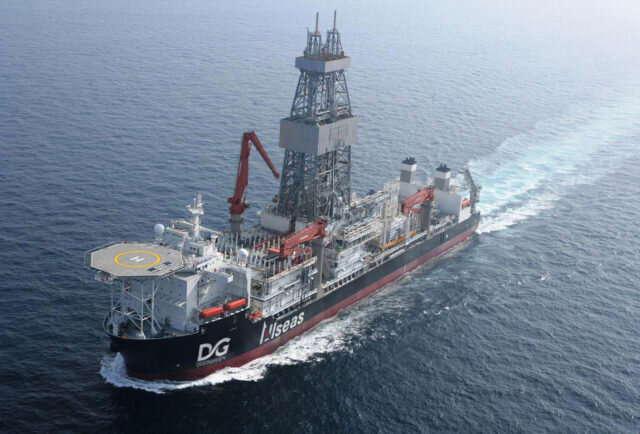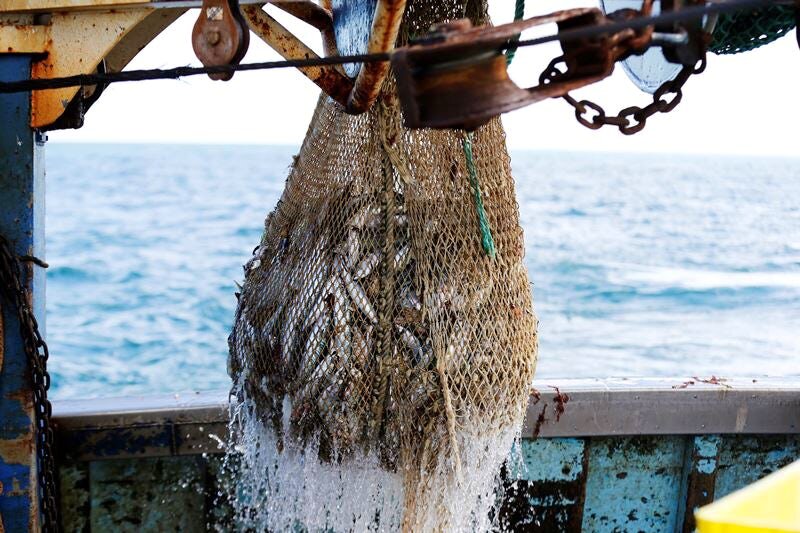Latest Stories
Here’s what you need to know about electrifying your home as US green tax credits expire.
(Bloomberg News)
Wildfire prep demands expensive upgrades and relandscaped backyards. The question is whether any one homeowner can succeed on their own.
(Bloomberg News)
State officials say pushback against proposed mandates to reduce vegetation around at-risk houses is stalling the process.
(Bloomberg News)
There's a rush to install residential solar and battery systems by Dec. 31 to qualify for expiring 30% US tax credits. But lengthy permitting times are jeopardizing the opportunity, installers say.
(Bloomberg News)
The state is allocating more than $100 million to create demand for energy-efficient technologies that renters and low-income residents can afford.
(Bloomberg News)
As the US retreats on climate policy, the governor is pitching himself as a global leader.
(Bloomberg News)
As COP30 kicks off, the hurricane’s rampage spotlights the contentious issue of how much rich countries should pay for adaptation and loss and damage in vulnerable nations.
(Bloomberg News)
Scientists analyzed data from a test mining operation to document threats to small marine organisms key to the health of commercially valuable seafood like tuna.
(Bloomberg News)
Extreme ocean temperatures triggered the demise of coral species key to the health of a reef that protects the state’s cities from climate-driven storms.
(Bloomberg News)
A startup founded by a Nobel laureate is targeting data centers in water-stressed regions as customers for its technology.
(Bloomberg News)
A pilot project aims to cut heating costs and provide air conditioning while reducing emissions.
(Bloomberg News)
The initiative aims to restore the imperiled animals to the US West Coast to make marine ecosystems more resilient to climate change.
(Bloomberg News)
The new agreement allows for marine protection areas and mandates environmental review of activities that could damage biodiversity.
(Bloomberg News)
The state is the first to require sellers in high-risk areas to disclose what they’ve done to protect houses.
(Bloomberg News)
In the wake of the Los Angeles fires, Berkeley has moved quickly to require ember-resistant zones for high-risk homes after years of delay by the state.
(Bloomberg News)
California passed a 2020 law requiring property owners to create ember-resistant zones. Here’s why it’s only now finishing regulations that could’ve saved LA homes.
(Bloomberg News)
The move is in response to a Trump directive to issue mining licenses in global waters under US law.
(Bloomberg News)
Extracting EV-battery metals from the ocean floor with support from the White House could hit tough technological and legal obstacles.
(Bloomberg News)
Climate-driven heat waves are becoming more intense, frequent and deadly. Here are tips to temperature-proof your house.
(Bloomberg News)
Trump’s tax bill passed by the Senate would end some clean energy tax credits after Dec. 31. Homeowners and installers are racing to meet the deadline.
(Bloomberg News)
A digital OpenTable-style reservation system helped Los Angeles ports reduce vessel congestion and pollution.
(Bloomberg News)
How Republicans want to remake the Inflation Reduction Act.
(Bloomberg News)
Startups are rolling out electric boat models that cut noise and pollution, though prices for most are still higher than gas-powered versions.
(Bloomberg News)
In addition to Canada and Greenland, the US president is targeting the international seabed as a source for minerals needed for green technology. Here’s what to know.
(Bloomberg News)
The Metals Company submitted an application to mine critical minerals in the Pacific seabed in defiance of international regulators.
(Bloomberg News)
With several big solar companies in turmoil and tariffs that can change daily, choosing the right installer is crucial. Here’s what you need to know.
(Bloomberg News)
With low-carbon fuels years away, shipping fleets are turning to high-tech sails, onboard CO2 capture and ocean sensors.
(Bloomberg News)
More than 30 nations condemned a deep sea mining company’s move to circumvent their authority by seeking the Trump administration’s approval to extract critical minerals from untouched ocean ecosystems.
(Bloomberg News)
A move by Trump to green light The Metals Company’s request for a mining license could upend an international treaty that governs deep-sea mining and other uses of the world’s oceans.
(Bloomberg News)
Deep-Sea Miners Are Set to Dig for Critical Minerals, Even if Rules Aren't Done
As companies seek to extract metals used in green technologies from the seabed, a showdown is underway over mining of biodiverse ecosystems.
(Bloomberg News)
Scientists discovered that blue and humpback whales in California sing less when their prey disappears due to climate change.
(Bloomberg News)
Expect to pay more for heat pumps, EVs and home batteries as climate-friendly products and components made abroad get more expensive.
(Bloomberg News)
The Trump administration is trying to complete a hazardous cleanup effort in a third of the time required for the previous, much smaller urban wildfire in the US.
(Bloomberg News)
Marine life plays a key role in cycling carbon out of the atmosphere but most organisms remain unknown.
(Bloomberg News)
Researchers were on an expedition off the LA coast when the wildfires erupted, providing a rare chance to measure toxic effects on the food web in real time.
(Bloomberg News)
Some rules have been waived to encourage the swift replacement of burned-out homes. Fire experts say it’s critical that new homes be resilient to future risk.
(Bloomberg News)
Fire experts suggest more training, home hardening and early evacuations in advance of future urban wildfire disasters.
(Bloomberg News)
Private firefighters were deployed in Los Angeles, but the speed of the fires limits their role.
(Bloomberg News)
From when to ask for a different ride to how to do something simple as start the car, this is how to ensure a smooth trip.
(Bloomberg News)
Pepperdine University’s fire safety plan provides a template for protecting lives and property as climate change worsens wildfires.
(Bloomberg News)
As artificial wave pools proliferate around the world, surf park developers aim to go green to counter criticism over energy and water use.
(Bloomberg News)
Marine issues are receiving little attention at the United Nations conference, so ocean activists are aiming to include measures in countries’ official green targets.
(Bloomberg News)
With changes to federal tax credits on the horizon, now might be the best time to get a good deal on an electric car.
(Bloomberg News)
The president-elect has threatened to rescind the Inflation Reduction Act, but that may prove politically and legally challenging for home decarbonization tax credits and rebates.
(Bloomberg News)
Fast-moving infernos are responsible for most fire-related property damage in the US — and they’ve gotten even faster over the past 20 years, scientists found.
(Bloomberg News)
Hurricane Milton’s eastern trajectory through the Gulf of Mexico is rare, but as oceans warm, more storms may have unpredictable impacts.
(Bloomberg News)
Managing your electric car or solar panels via smartphone app gets complicated when the company that handles the software goes under.
(Bloomberg News)
Officials are drafting regulations to enforce a law that prohibits vegetation within five feet of homes in high fire risk zones that include the state’s most privileged communities.
(Bloomberg News)
A new study finds that biodiverse areas near surf spots store 88 million metric tons of carbon dioxide that would be impossible to re-sequester anytime soon.
(Bloomberg News)
Materials that are bigger on the inside than the outside provide a futuristic solution to supply water to an increasingly arid planet.
(Bloomberg News)
A Brazilian oceanographer was named secretary-general of the International Seabed Authority, which is tasked with completing regulations around mining the seabed for minerals used in EV batteries.
(Bloomberg News)
The next leader of an obscure, UN-affiliated agency will help determine the fate of a potentially multibillion-dollar industry seeking to extract EV battery metals from the seabed.
Researchers at Princeton University are devising ways to transform green spaces into outdoor cooling centers.
(Bloomberg News)
Battery-powered school buses in Oakland, California, are expected to cut emissions and supply enough electricity to the grid for at least 300 homes.
(Bloomberg News)
The secretary-general of the international organization that regulates deep sea mining is running for a third term in a contest with a marine scientist.
(Bloomberg News)
The outdoor apparel retailer will start selling wetsuits made in part from used wetsuits deconstructed at a molecular level and reborn as new fabric.
(Bloomberg News)
The Department of Energy approved New York’s program for distributing Inflation Reduction Act rebates, and is reviewing applications from 11 other states.
(Bloomberg News)
This week’s declaration of the second mass coral bleaching event of the past 10 years highlights the need for an all-hands-on-deck response.
(Bloomberg News)
A second global bleaching event this decade is underway, threatening marine ecosystems that support an estimated $2.7 trillion of economic activity.
(Bloomberg News)
The state committed more than $250 million toward building out a network of stations for hydrogen fuel cell cars. It’s not going great.
(Bloomberg News)
Pressure is mounting to enact regulations for the extraction of EV battery metals from ocean ecosystems, which is increasingly enmeshed in the US-China rivalry.
(Bloomberg News)
New York-based Sealed pays contractors upfront for rebates tied to heat pumps and other energy-efficient improvements, eliminating lengthy wait times.
(Bloomberg News)
A suite of new technologies from Austin-based startup Icon also includes low-carbon concrete and a robot that can 3D print two-story homes.
(Bloomberg News)
California, Hawaii, New Mexico and New York are getting ready to offer Inflation Reduction Act incentives for heat pumps, induction stoves and other devices.
(Bloomberg News)
Google and Australian scientists are using artificial intelligence to locate remnant giant kelp forests and identify genetic traits that can survive a warming ocean.
(Bloomberg News)
Cutting energy use is a key carbon cleanup challenge. Two University of Washington professors think they’ve cracked it.
(Bloomberg News)
Rising energy prices, increased blackout risk and government incentives are driving interest in residential energy-storage systems.
(Bloomberg News)
Hospitalizations across the state are higher on days when extreme heat and wildfire smoke coincide, according to a new study.
(Bloomberg News)
The Nature Conservancy’s role in the government move to reopen an ocean reserve to industrial fishing highlights the global debate over how to aid Pacific island nations imperiled by climate change.
(Bloomberg News)
Scouring the ocean floor for shrimp, cod and other seafood is releasing up to 370 million metric tons of CO2 into the atmosphere each year, according to a new study.
(Bloomberg News)
The Nordic nation is the first to authorize seabed mining activities in its waters, exacerbating global tensions over strip-mining ocean ecosystems.
(Bloomberg News)
Toxic polycyclic aromatic hydrocarbons (PAHs) generated by wildfires and fossil fuels are contaminating muscle and liver tissues of two types of orcas.
(Bloomberg News)
Researchers discovered widespread high levels of toxic chromium in areas of Northern California severely burned in 2019 and 2020.
(Bloomberg News)
Island states vulnerable to climate change are leaving COP28 with a $225 million commitment from two organizations to help protect 30% of the Pacific Ocean.
(Bloomberg News)
Activists left a deep-sea mining research vessel run by The Metals Company after a Dutch court’s ruling that permits them to continue protesting in the water.
(Bloomberg News)
The Metals Company claims it’s losing $1 million a day as activists occupy a ship the firm is using to conduct research on seabed mining.
(Bloomberg News)
After boarding a ship conducting research on seabed mining, Greenpeace activists have vowed to stay there until the expedition is stopped.
(Bloomberg News)
Scientists are working on a unique solution to speed up coral restoration. But it may not be enough to save reefs.
(Bloomberg News)
“Bidirectional charging” promises to transform EVs into backup power sources and help utilities hedge against climate-related power disruptions.
(Bloomberg News)
Alums from Tesla and Apple are reimagining icons of the American road for the 21st century.
(Bloomberg News)
TreeTag sensors, developed by startup ePlant, can give homeowners, farmers and forestry managers early warning when trees are water stressed or in danger.
(Bloomberg News)
One in five new homes in the Pine Tree State has a heat pump, making Maine a blueprint for other states looking to implement Inflation Reduction Act rebates.
(Bloomberg News)
More than 132,000 sites in the US, many of them in low-income neighborhoods, are susceptible to rising groundwater that could release toxic chemicals.
(Bloomberg News)
For a one-time fee of $148, the South Pacific island state of Niue is offering the opportunity to preserve a square kilometer of a huge marine protected area.
(Bloomberg News)
Superorganism is investing in early-stage startups developing technologies to help solve accelerating biodiversity decline.
(Bloomberg News)
When Tropical Storm Hilary slammed into the normally dry state, it showed nowhere is immune to flooding as global warming fuels extreme weather.
(Bloomberg News)
A meeting of the UN-affiliated agency that regulates deep-sea mining ended with most nations refusing to accept mining applications until regulations exist.
(Bloomberg News)
By the end of the year, rebates for heat pumps and other high-efficiency electrical appliances could be available to some US consumers.
(Bloomberg News)
The United Nations-affiliated group has given itself a timeline for setting rules and oversight for companies that want to strip mine the ocean floor for key minerals.
(Bloomberg News)
With deep ocean ecosystems at stake, a United Nations-affiliated regulatory body moved crucial negotiations out of the public eye, underscoring the changes the annual meeting has seen over the years.
(Bloomberg News)
From boards and wetsuits made with nontoxic materials to surf clubs that let you bike to the beach, it’s possible to cut surfing’s carbon footprint..
(Bloomberg News)
At a global meeting on seabed mining policy, the ocean adventurer and investor warned of “extraordinarily high” financial risks.
(Bloomberg News)
A United Nations regulatory body faces tough choices as resistance to mining the seabed for battery metals grows.
(Bloomberg News)
Climate change is driving tuna toward toward the Clarion-Clipperton Zone, a region of the Pacific Ocean targeted for the mining of valuable metals.
(Bloomberg News)
Extrapolations creator Scott Z. Burns talks about the creative challenge of crafting climate fiction that can keep up with climate reality.
(Bloomberg News)
As NYC, DC and Philadelphia scramble to craft air quality protections, they can look to California and Washington for examples, from “clean air shelters” to mask distribution.
(Bloomberg News)
To learn how sustainable timber high-rises respond to seismic forces, researchers put one on the world’s largest “shake table.”
(Bloomberg News)
Scientists have only identified a fraction of the species in the region of the Pacific Ocean targeted for the mining of EV battery metals.
(Bloomberg News)
San Francisco’s Ample lets drivers get a fully charged electric car battery in minutes, while sparing cities the expense of installing fast charging stations.
(Bloomberg News)
A startup has begun a unique experiment in the Port of Los Angeles to electrochemically treat seawater and safely store carbon.
(Bloomberg News)
Disadvantaged communities received just 7% of California’s EV incentives between 2010 and 2021, and saw substantially smaller reductions in particulate emissions.
(Bloomberg News)
Backed by Hollywood, the Climate Emergency Fund is quietly financing a new generation of in-your-face environmental activists.
(Bloomberg News)
The US Navy shuttered the Concord Naval Weapons Station in 2008, but plans to redevelop it for climate-friendly homes and a park are moving slowly.
(Bloomberg News)
The International Seabed Authority will accept mining applications as of July 9, despite failing to enact industry-wide regulations.
(Bloomberg News)
As activists accuse International Seabed Authority leadership of pushing ocean mining without due diligence, Lockheed Martin is exiting the nascent industry.
(Bloomberg News)
If a United Nations marine biodiversity treaty is ratified as expected, it will transform how business is done in the 60% of the ocean outside any nation’s jurisdiction.
(Bloomberg News)
A new series from the writer of Contagion dramatizes life in the not-so-distant future on a warming planet.
(Bloomberg News)
A Landmark UN Treaty Is Poised to Curb Exploitation of the Ocean
After years of negotiations, wording has been agreed on for a high seas biodiversity treaty to protect marine life in the 60% of the ocean beyond any nation’s jurisdiction.
(Bloomberg News)
If it can scale, the 3D-printing process promises to deliver energy-efficient and climate-resilient homes that can be built faster, in novel designs and with minimal construction waste.
(Bloomberg News)
Artificial intelligence is being used to detect endangered right whales as climate change drives them into the path of clean energy projects.
(Bloomberg News)
Bloomberg’s Big Take podcast
(Bloomberg News)
IRA incentives for home-decarbonization devices like heat pumps and induction stoves can’t be issued until states design their own distribution systems.
(Bloomberg News)
Replacing your gas water heater is a no-brainer for the climate, but it can also be an expensive and frustrating endeavor. Here’s what to watch out for.
(Bloomberg News)
Diesel drayage freight trucks are a major source of toxic emissions. Forum Mobility replaces them with electric models for a monthly fee.
(Bloomberg News)
Homes equipped with solar panels are starting to sell their surplus electricity to local utilities. Plus, EVs with bidirectional capability can keep the lights on through blackouts and power outages.
(Bloomberg News)
Heat pumps and heat pump water heaters are up to four times as efficient as their conventional gas or electric counterparts.
(Bloomberg News)
Whales store immense amounts of CO2 and financial institutions are considering “biocredits” to fund their preservation. Biologists aren’t convinced.
(Bloomberg News)
Industrial fishing kills tens of millions of sharks every year. The SharkGuard attaches to fish hooks and sends out an electrical pulse that repels the animals to keep them from taking the bait.
(Bloomberg News)
New research indicates that the whales and other animals may be able to adjust their behavior to avoid some impacts of rising temperatures.
(Bloomberg News)
As world leaders gather for COP27, few will hear the stories of Palauans coping with surging storms, growing heat waves and dying coral reefs that threaten their millennia-old civilization.
(Bloomberg News)
Some 200 homes under construction in California come with solar panels, heat pumps and batteries, forming microgrids that cut energy costs and emissions.
(Bloomberg News)
The country’s call for an international ban on mining fragile ocean ecosystems disrupts negotiations to allow exploitation of the seabed to begin by 2024.
(Bloomberg News)
At least 10 countries that are members of an international body regulating ocean mining want to pause the practice because of a lack of scientific data on its environmental impact.
(Bloomberg News)
Boston-based Propeller is looking for “narwhals”: billion-dollar startups developing marine technology that can help solve the climate crisis.
(Bloomberg News)
Mattel is trying to confront the plastic-pollution crisis with 33 toys it says are sustainable.
(Bloomberg News)
New research shows that, if designed right, large marine preserves dramatically increase catch rates of migratory tuna as fish populations recover.
(Bloomberg News)
A new high-tech initiative detects endangered whales off the coast of San Francisco and alerts ship captains to slow down to avoid deadly collisions.
(Bloomberg News)
The US Inflation Reduction Act stands to make solar energy a more viable option for millions of renters.
(Bloomberg News)
The US is rolling out some serious subsidies to encourage consumers to choose a greener lifestyle, but Europeans already have a head start.
(Bloomberg News)
There are ways to lower the costs of electrical improvements needed to handle solar panels, heat pumps and electric car chargers.
(Bloomberg News)
Cleaner air, greener cities, shifted politics: Experts speculate on likely outcomes by the decade’s end from $374 billion in US climate spending.
(Bloomberg News)
Generous incentives mean you can replace fossil fuel home appliances and cars with electric versions — and power them with clean energy.
(Bloomberg News)
The proposal includes tax credits and rebates to cut the consumer costs of buying electric vehicles, heat pumps, biomass stoves, and more.
(Bloomberg News)
Reflective coating for parks and pavement can reduce temperatures in lower-income areas with limited shade.
(Bloomberg News)
A UN-affiliated organization meets this week to negotiate regulations that could allow seabed mining to begin as soon as 2024, despite warnings from scientists about a potential environmental catastrophe.
(Bloomberg News)
A nonprofit bought the California property and is transforming it into a public park, reviving creeks and turning fairways into habitat for endangered salmon and other wildlife.
(Bloomberg News)
During blackouts, Sesame Solar’s Nanogrid supplies carbon-free power from onboard solar panels, battery packs and a fuel cell powered by green hydrogen.
(Bloomberg New)
Imported fruits and vegetables account for an outsize amount of food transport emissions.
(Bloomberg News)
The Bay Area city that’s home to Facebook is partnering with BlocPower to install thousands of heat pumps, solar panels and batteries by 2030.
(Bloomberg News)
The British band launched a tour app that rewards concertgoers for low-carbon travel. But its claims about the emissions reduced aren’t clear-cut.
(Bloomberg News)
This energy-efficient device not only can heat your home in the winter, it can cool you down on hot days — while saving you money.
(Bloomberg News)
Transforming an F-150 Lightning into a backup generator means you can keep the lights on during blackouts. Here’s the extra equipment you’ll need to use the EV battery to power a home.
(Bloomberg News)
Land-use emissions from traded agricultural products like beef and palm oil account for a quarter of the world’s total, according to a new report.
(Bloomberg News)
Heat pumps are highly efficient electrical devices that can heat and cool homes. The tech could save Europe an estimated 60 billion euros in annual natural gas import costs.
(Bloomberg News)
A blaze that tore through a neighborhood of $4 million houses in Southern California exposes dangers to huge homes in the suburbs from climate-driven fires.
(Bloomberg News)
Researchers find the record amount of area burned was in line with historic rates and say officials should prioritize making fires less severe.
(Bloomberg News)
Accelerating emissions may cause a catastrophe, but limiting temperature rise to 2° Celsius would reduce the risk by more than 70%, according to a study in the journal Science.
(Bloomberg News)
The prototypes are among the four winners of the U.K.’s Terra Carta Design Lab contest, judged by Jony Ive and Prince Charles.
(Bloomberg News)
Parents and camp directors in California and other Western states face hard choices as climate disasters threaten these programs.
(Bloomberg News)
As the International Seabed Authority moves to enact regulations to permit the mining of unique ocean ecosystems, an investigation shows a closeness to the mining companies it regulates.
(Los Angeles Times)
A new digital map tracks the health of kelp forests that combat climate change but are in peril from warming seas.
(Bloomberg News)
Governor Gavin Newsom has proposed giving a tax refund to the owner of every registered car, including electric vehicles, to offset soaring oil prices.
(Bloomberg News)
An analysis of real-time monitoring data shows wide disparities in deadly air pollution among nations as climate change makes the air dirtier.
(Bloomberg News)
A fourth round of negotiations ended without a treaty to defend ocean biodiversity from climate change and other threats but delegates see success by year’s end..
(Bloomberg News)
Insulation and leak-proofing might not make neighbors jealous, but they can dramatically bring down a homeowner’s utility bills.
(Bloomberg News)
Using satellite data, scientists plotted whales’ migratory routes to help the marine mammals avoid ship collisions and other threats.
(Bloomberg News)
Passive homes adhere to a set of design principles that can slash energy consumption by 75%.
(Bloomberg News)
Scientists find tiny new life forms that could be locking carbon dioxide into the seabed.
(Bloomberg News)
Researchers used satellite data to more accurately measure the thickness of glaciers, shedding new light on how global water supplies are changing as the planet warms.
(Bloomberg News)
Reintroducing mammals like gazelles, tigers and bears to their former habitats would boost biodiversity and help the landscape store more carbon, new research finds.
(Bloomberg News)
High-tech recirculating showers, which sell for between $4,000 and $6,000, are hitting the market in Europe and are destined for the U.S.
(Bloomberg News)
Illuminating fishing nets can dramatically reduce the incidental killing of the top predators that are key to the health of ocean ecosystems.
(Bloomberg News)
Managing the impact of climate-driven drought and deluge is key to restoring salmon species.
(Bloomberg News)
Maximizing efficiency and minimizing waste are essential to improving your home’s resilience. Here are ways that help decrease your water consumption.
(Bloomberg News)
As droughts and fires worsen, wild animals are migrating into cities. In Berkeley, California, some residents have had enough.
(Bloomberg News)
Covid has again derailed face-to-face negotiations over seabed mineral exploitation. Instead, the International Seabed Authority’s council will discuss its ‘roadmap’ amid mounting opposition.
(China Dialogue Ocean)
To increase supply during the severe drought, Marin County is considering buying water from agricultural areas and piping it across San Francisco Bay.
(Bloomberg News)
The IUCN has upgraded the conservation status of four of the most commercially important tuna species, but the news masks other worrying declines.
(China Dialogue Ocean)
DeepGreen built a nearly $3 billion valuation on the promise of gently excavating the ocean floor. Now environmentalists want to block its plans to go public.
(Bloomberg News)
The US president has announced a raft of positive marine measures and appointments, but must work with China to make a breakthrough on subsidies, the high seas and Antarctic protection.
(China Dialogue Ocean)
Climate change helped to kill most of the world’s sunflower sea stars. Resurrecting them could revive carbon dioxide-sequestering kelp forests.
(Bloomberg News)
Some new complexes include high-tech energy amenities, including lithium batteries the size of a fridge that can store solar electricity and supply it to the grid when needed.
(Bloomberg News)
Descend through the different zones of the ocean to discover its mesmerizing marine life, how human pollutants are interfering – and what we can still do about it.
(The Guardian)
California wants to replace millions of gas water heaters with high-tech electric ones to serve as “thermal batteries” for storing solar and wind energy.
(Bloomberg News)
Blizzards, hurricanes, and wildfire risks can all be reasons you might lose power. Here are some alternatives to buying a highly polluting generator.
(Bloomberg News)
Replacing your gas furnace, water heater, stove, and clothes dryer promises to lock in long-term environmental and economic benefits—but beware of surprise costs.
(Bloomberg News)
What you need to know about buying a heat pump.
(Bloomberg News)
Pruning vegetation, installing a fire-safe roof and replacing window frames can help to protect your house from a blaze.
(Bloomberg News)
Douglas Thron travels to fire-ravaged forests and towns struck by hurricanes to save animals among the rubble.
(Bloomberg News)
The pandemic is hindering the work of officials who deter illegal fishing, while the capacity of industrial fleets remains largely unaffected.
(China Ocean Dialogue)
The pandemic slowed recovery efforts, but help for the animals is coming.
(National Geographic)
To reignite the industry, biofuels need the type of government incentives that allowed solar and wind companies to flourish, analysts say.
(Bloomberg News)
The “sequoias of the sea” suck up carbon and shelter special species. They’ve been hit hard, but scientists, surfers, fishers and the government are banding together to save them.
(National Geographic)
The likely delay in talks has one company considering invoking a rule to compel approval of mining plans.
(China Dialogue Ocean)
Satellites and artificial intelligence are helping to pinpoint foreign fleets exploiting fish in the waters of African nations.
(China Dialogue Ocean)
Stores of methane and CO2 in the world's seas are in a strange, icy state, and the waters are warming, creating a ticking carbon time bomb.
(National Geographic)
The world’s fishing superpower is set to ratify the Port State Measures Agreement in 2020.
(China Dialogue Ocean)
Major countries that are promising to curtail subsidies for fisheries decimating marine life are nevertheless increasing handouts for their seafood industries.
(National Geographic)
A landmark United Nations report details the catastrophic impact of climate change on the ocean, but new strategies are emerging to preserve marine ecosystems.
(Grist)
Farming seaweed, then sinking the mature plants to the bottom of the ocean, could be an effective way to counter global warming. So why don’t we do it?
(National Geographic)
An investigation into secret environmental data collected by mining companies on deep ocean ecosystems shows how little is known about the rare habitats targeted for industrial mining.
(National Geographic)
The 2020 goal to end harmful payments to the fishing industry is a huge test for the world’s largest fleet.
(China Dialogue Ocean)
Its growing influence comes at a pivotal time in negotiations over regulations that would allow the industrial mining of the ocean floor to begin.
(China Dialogue Ocean)
